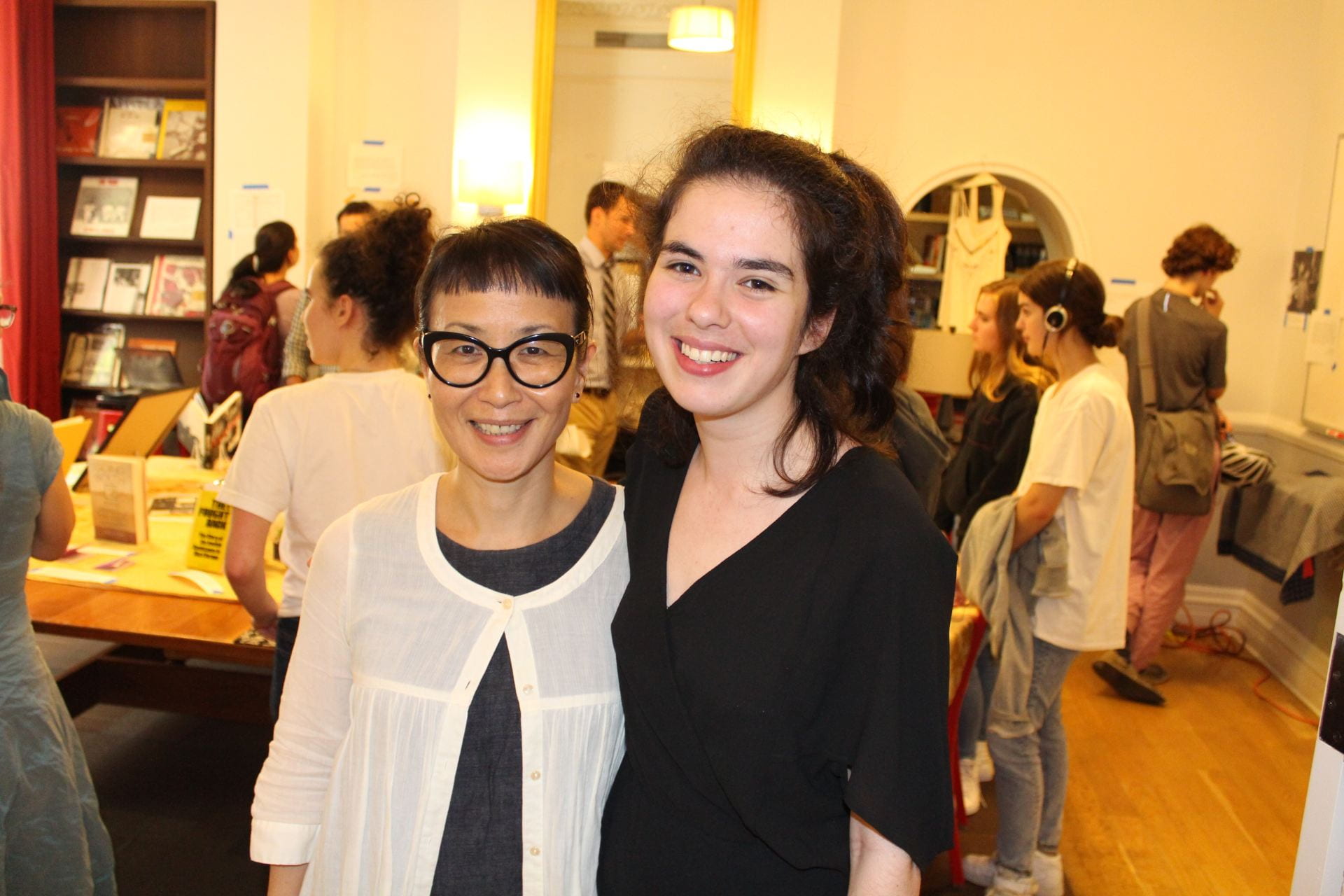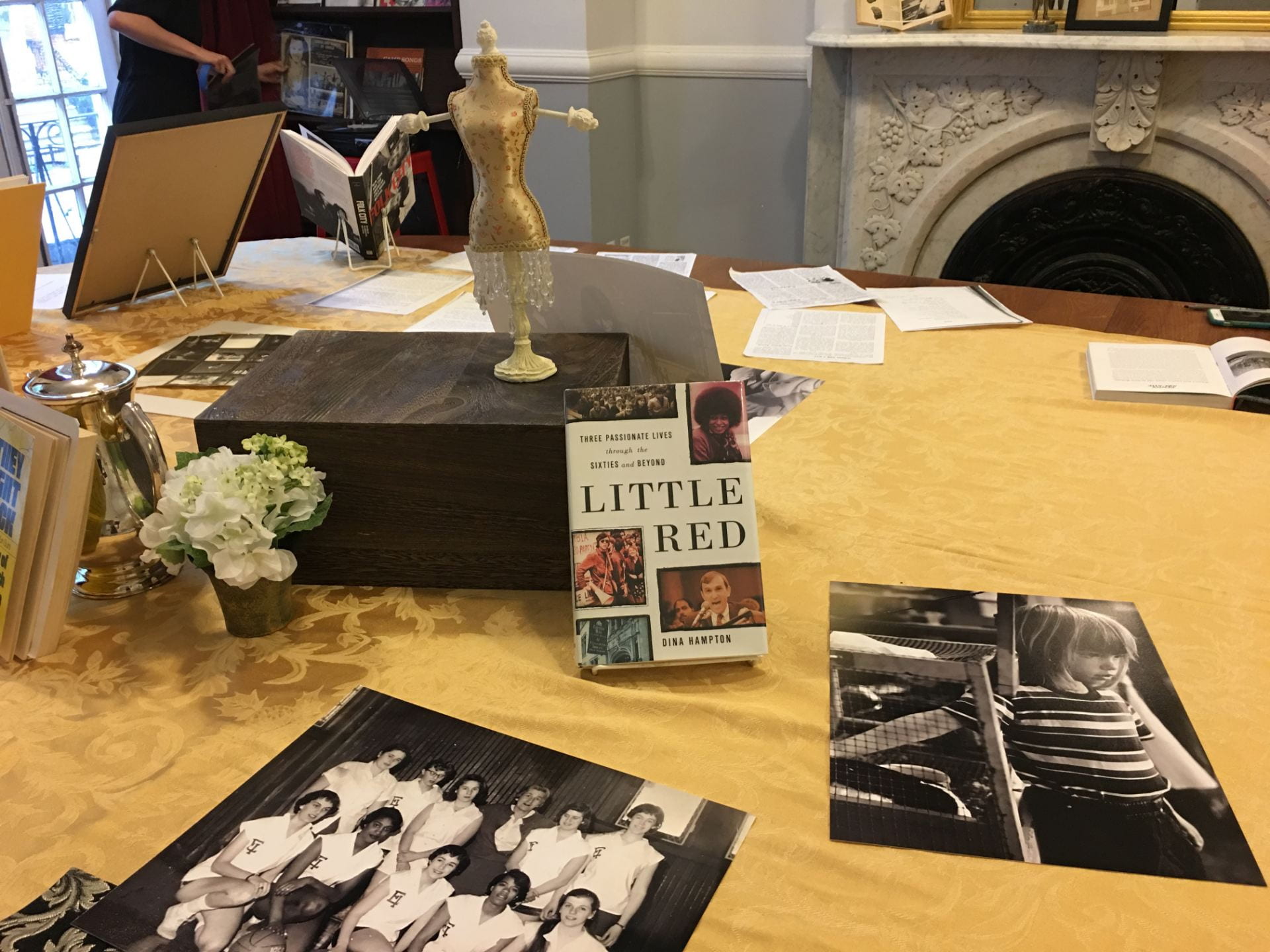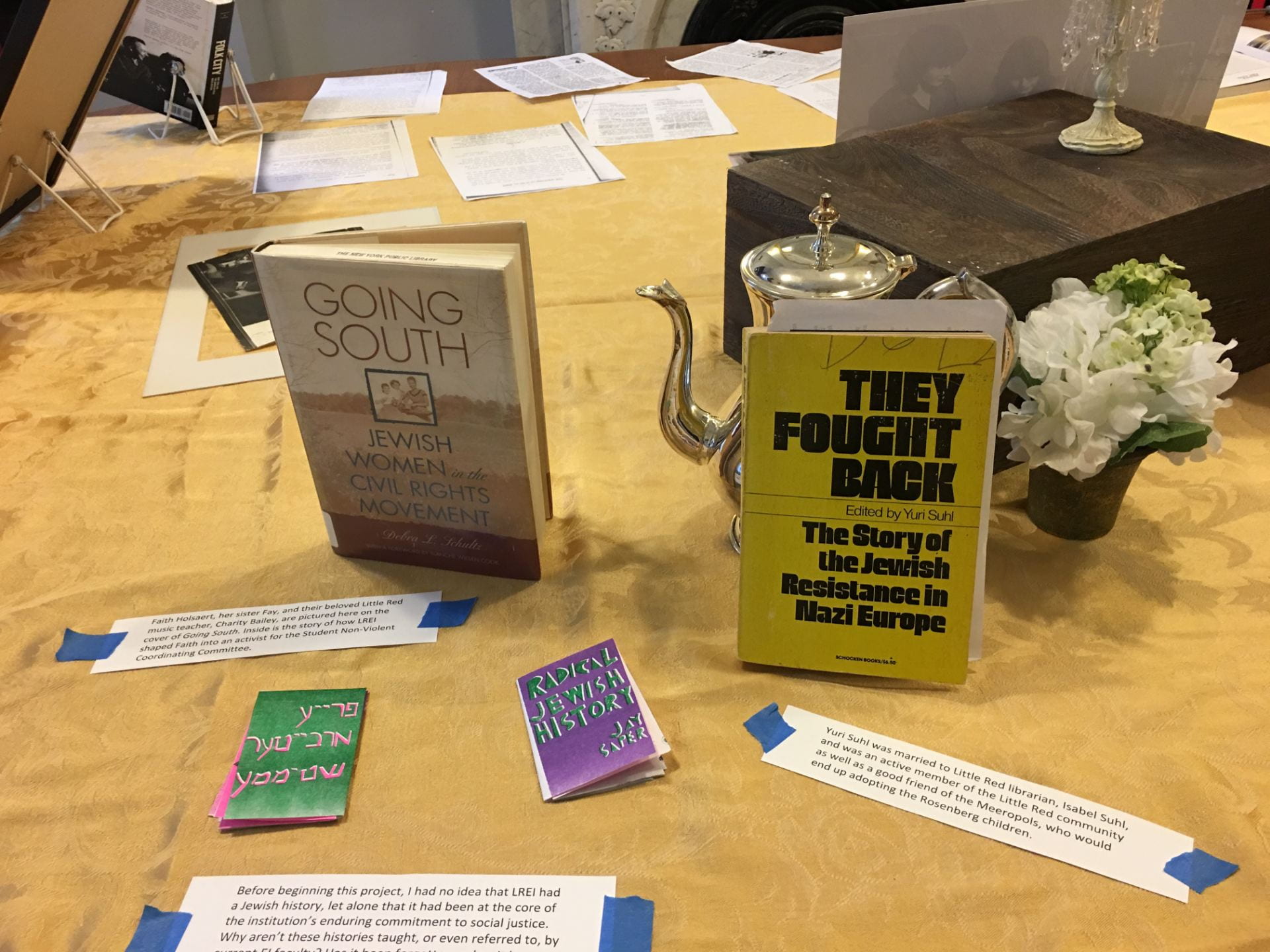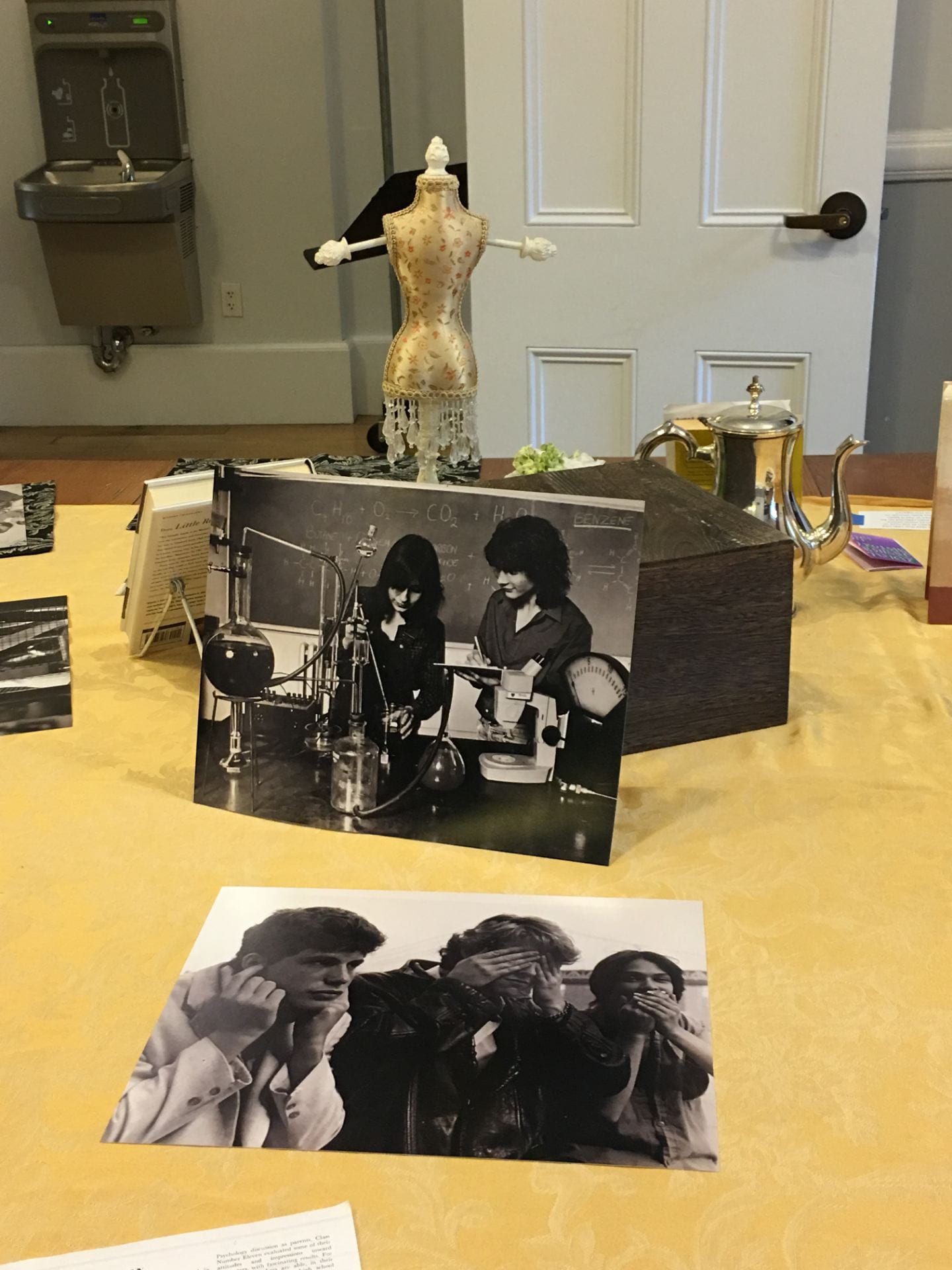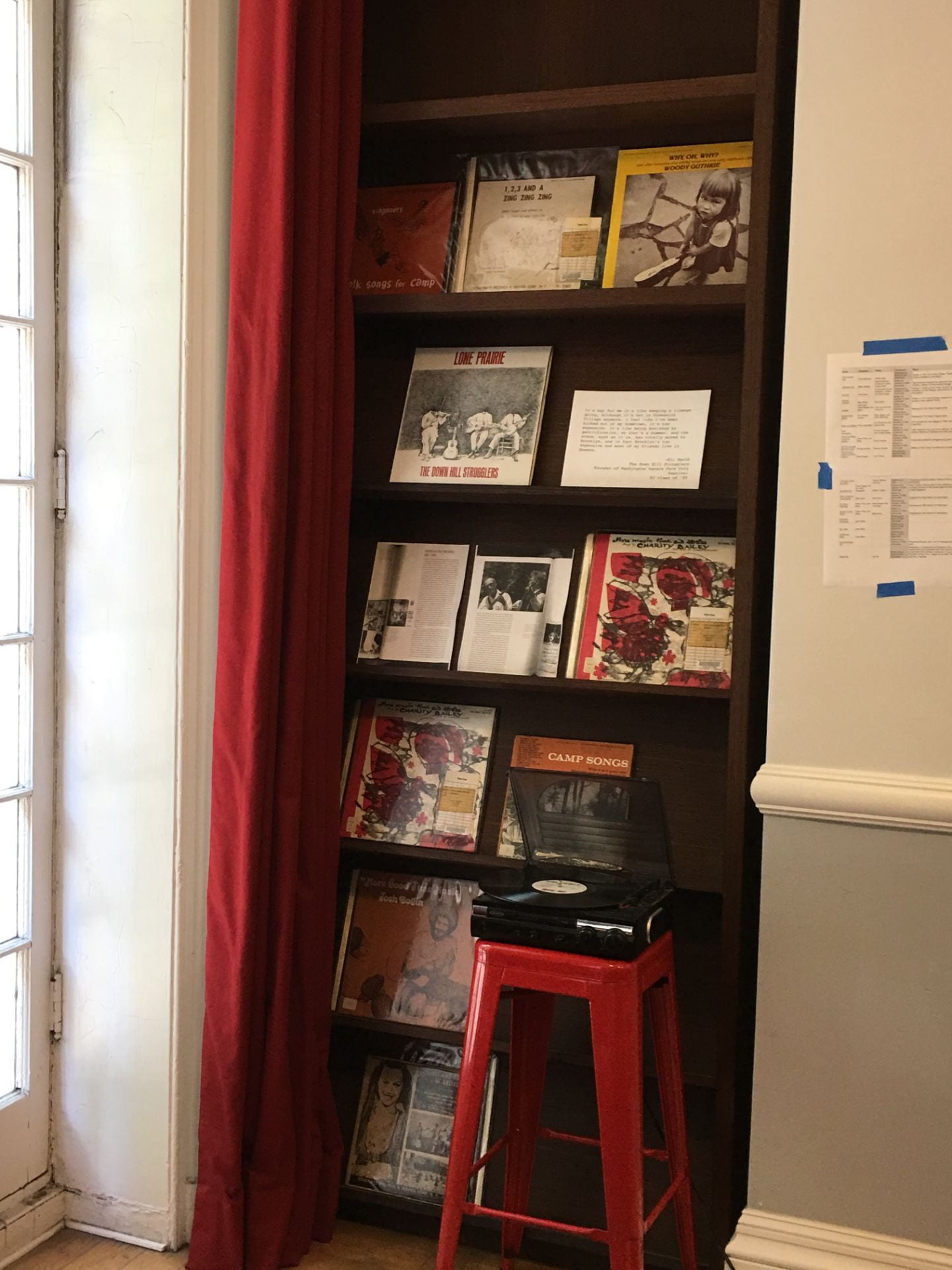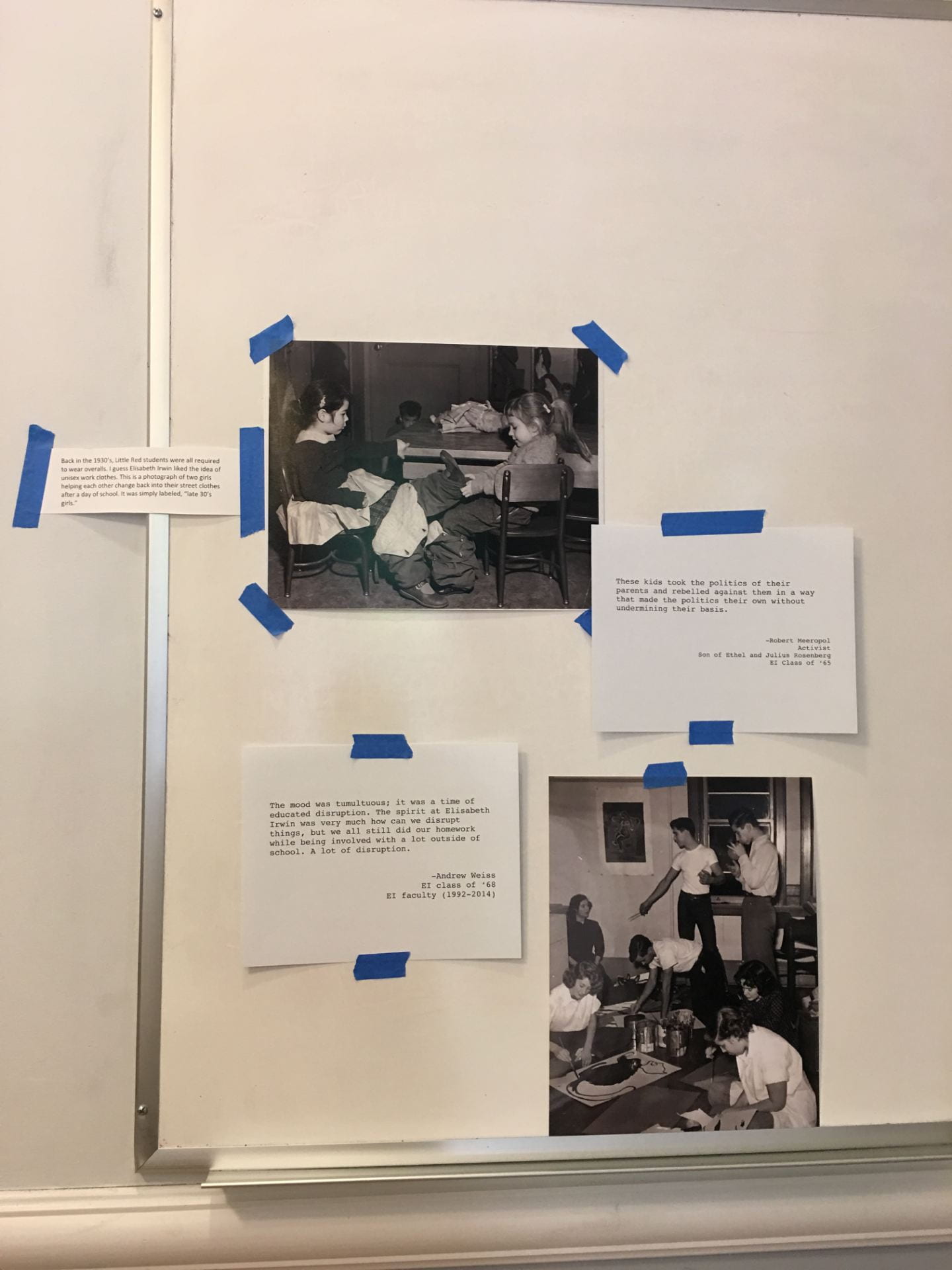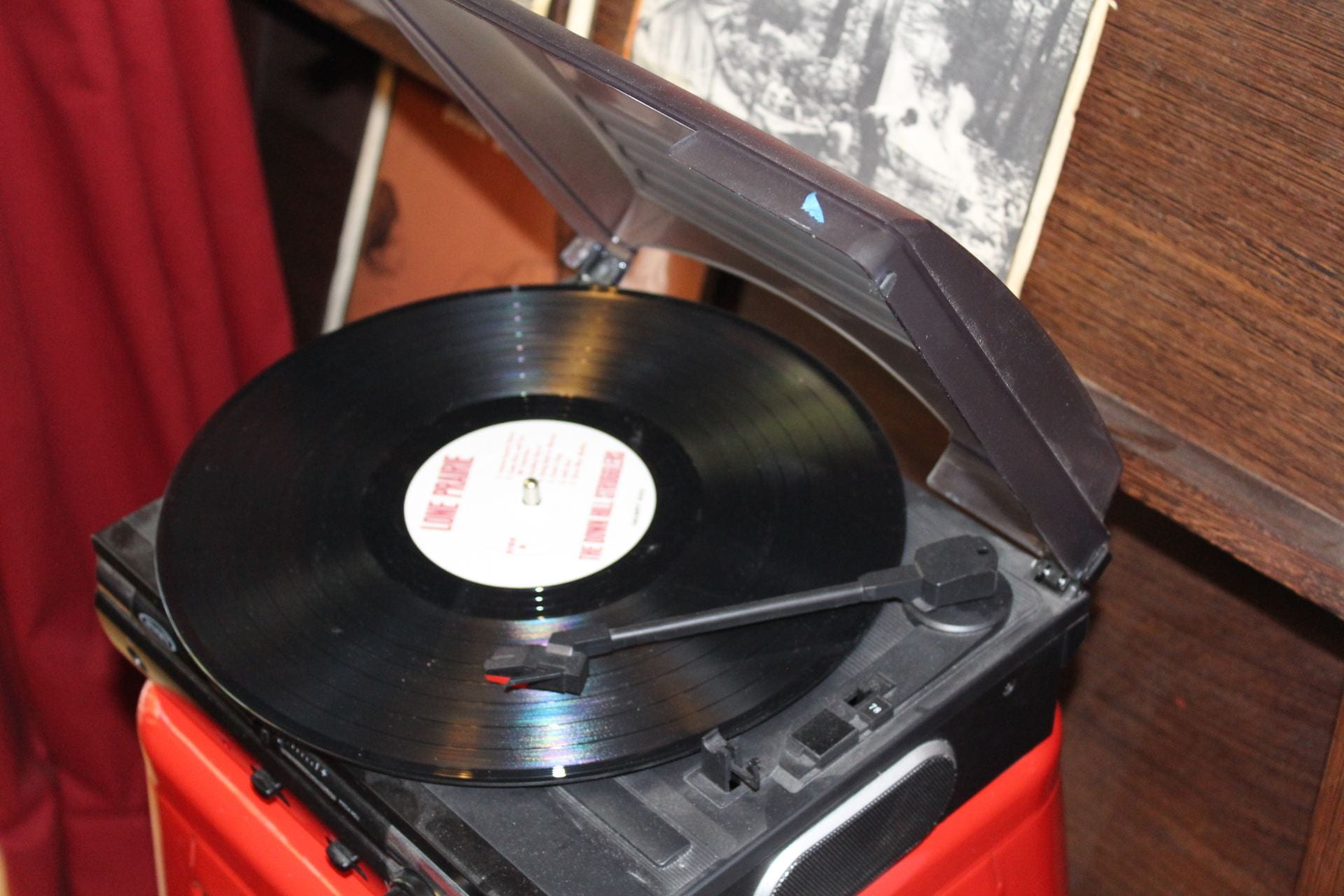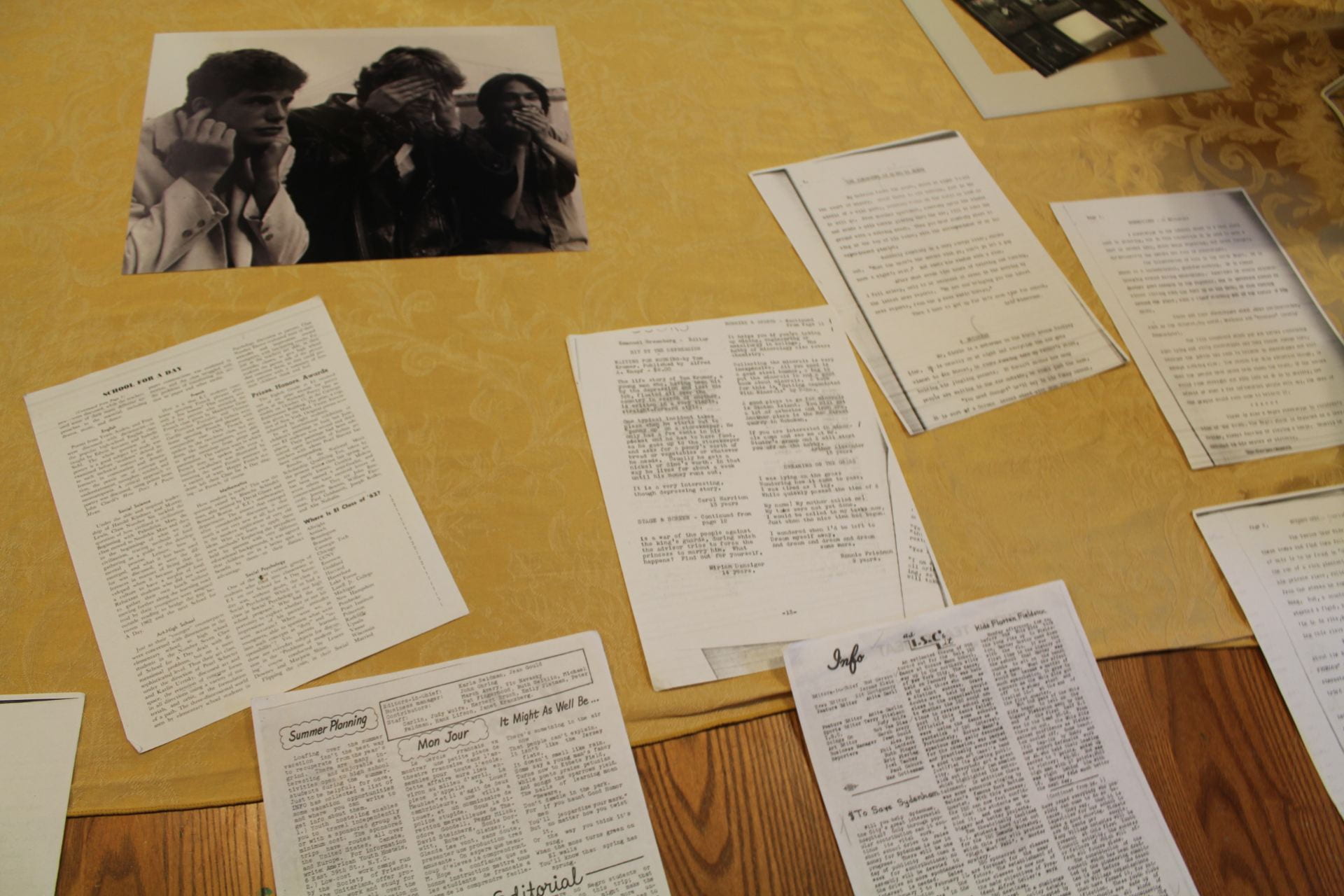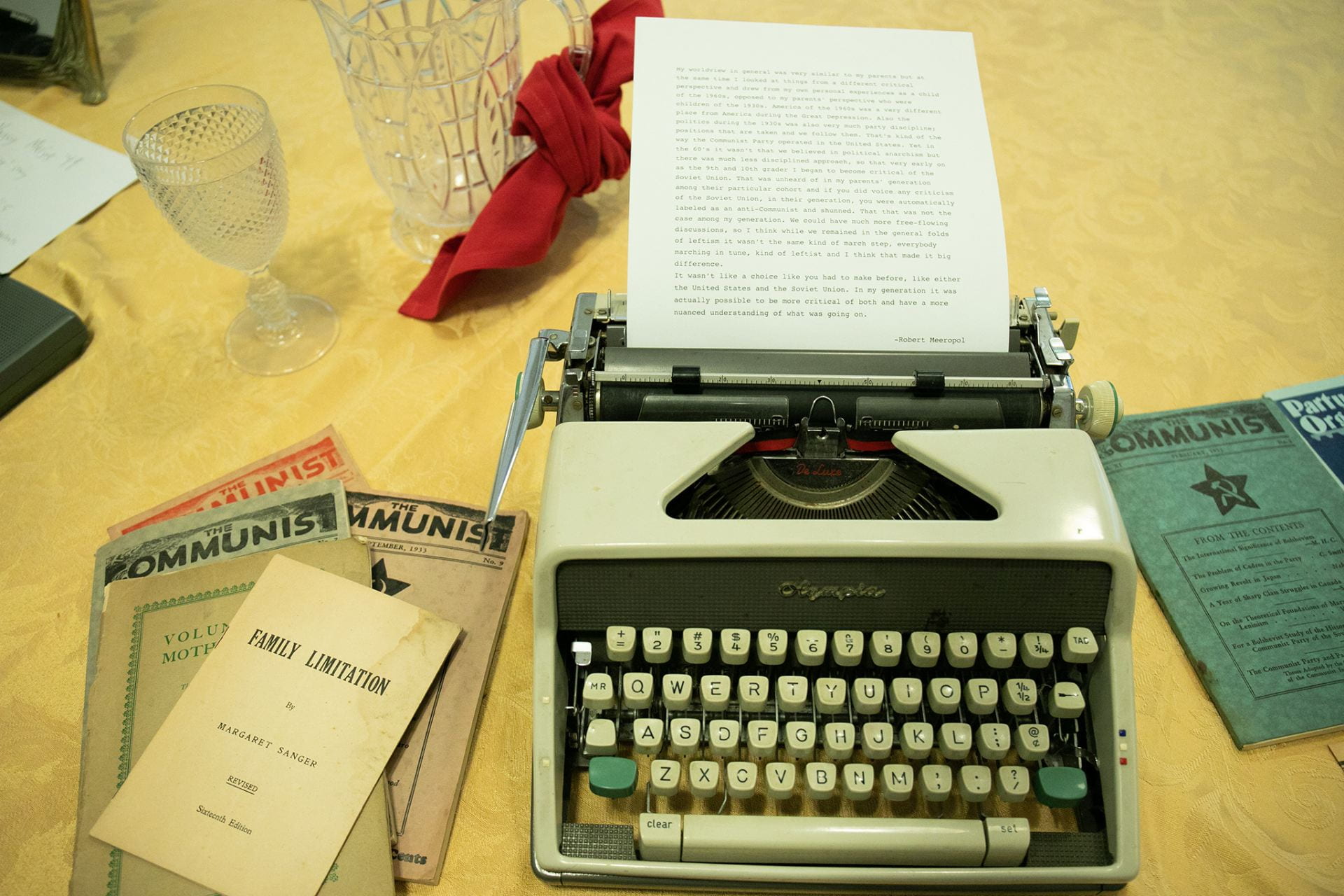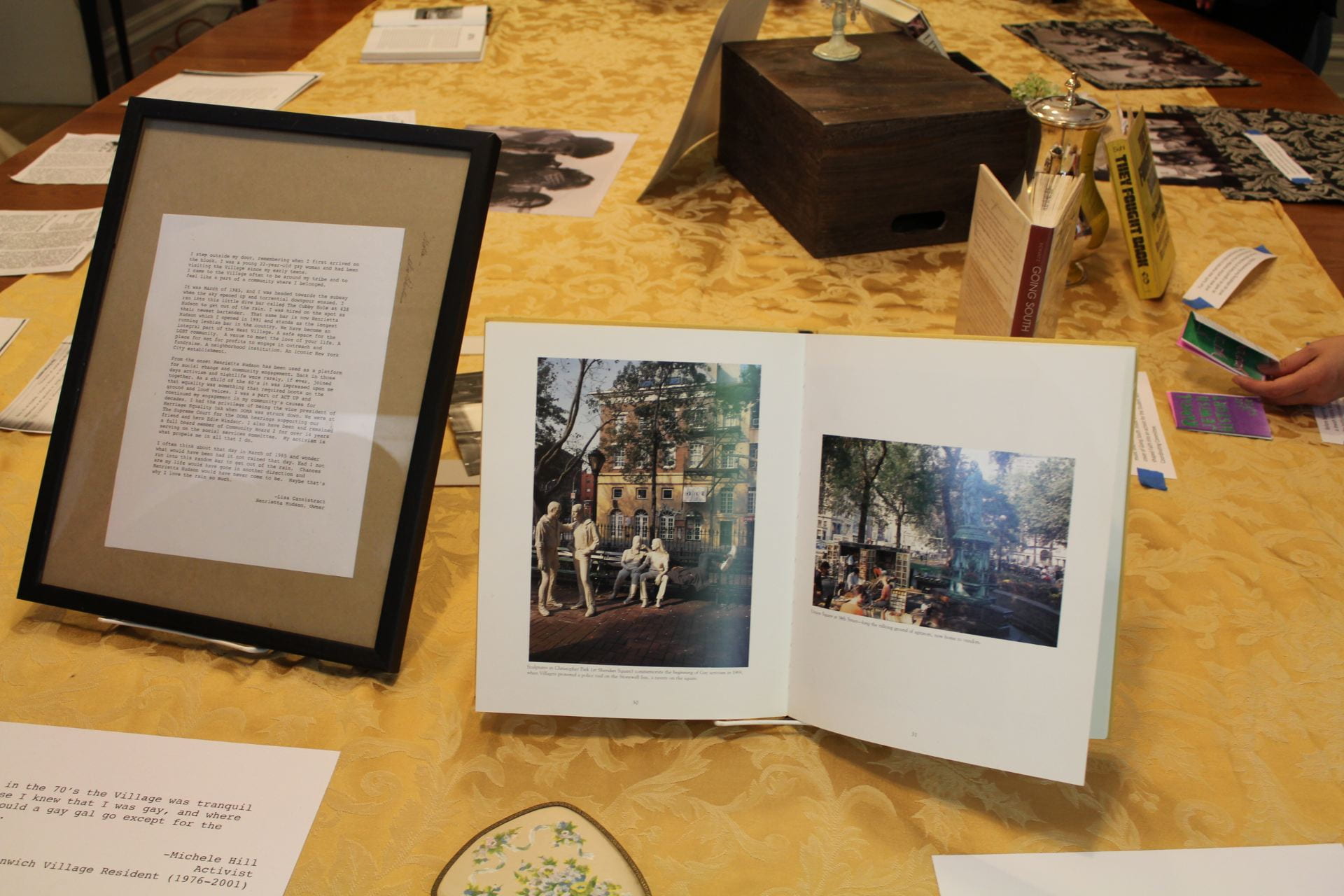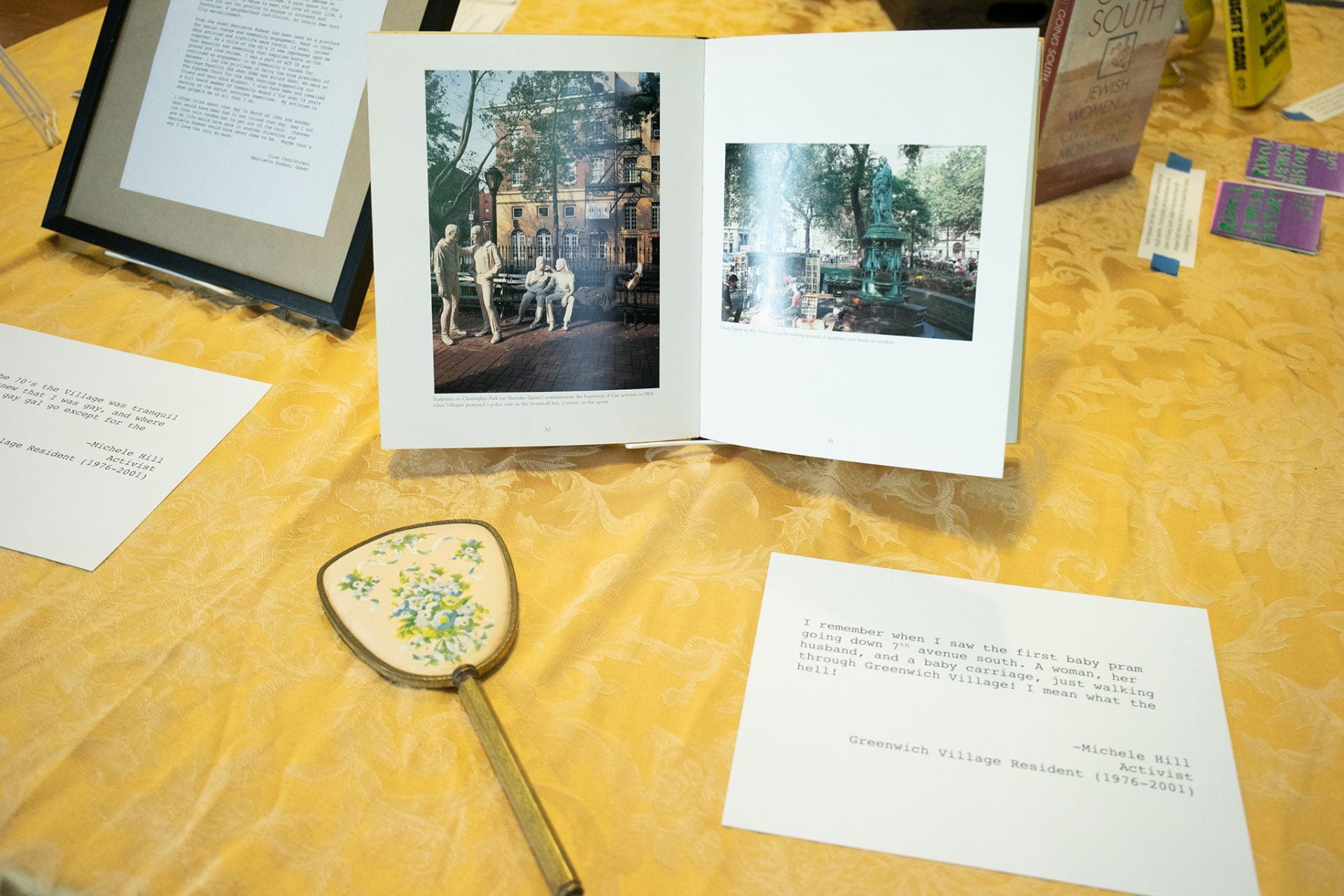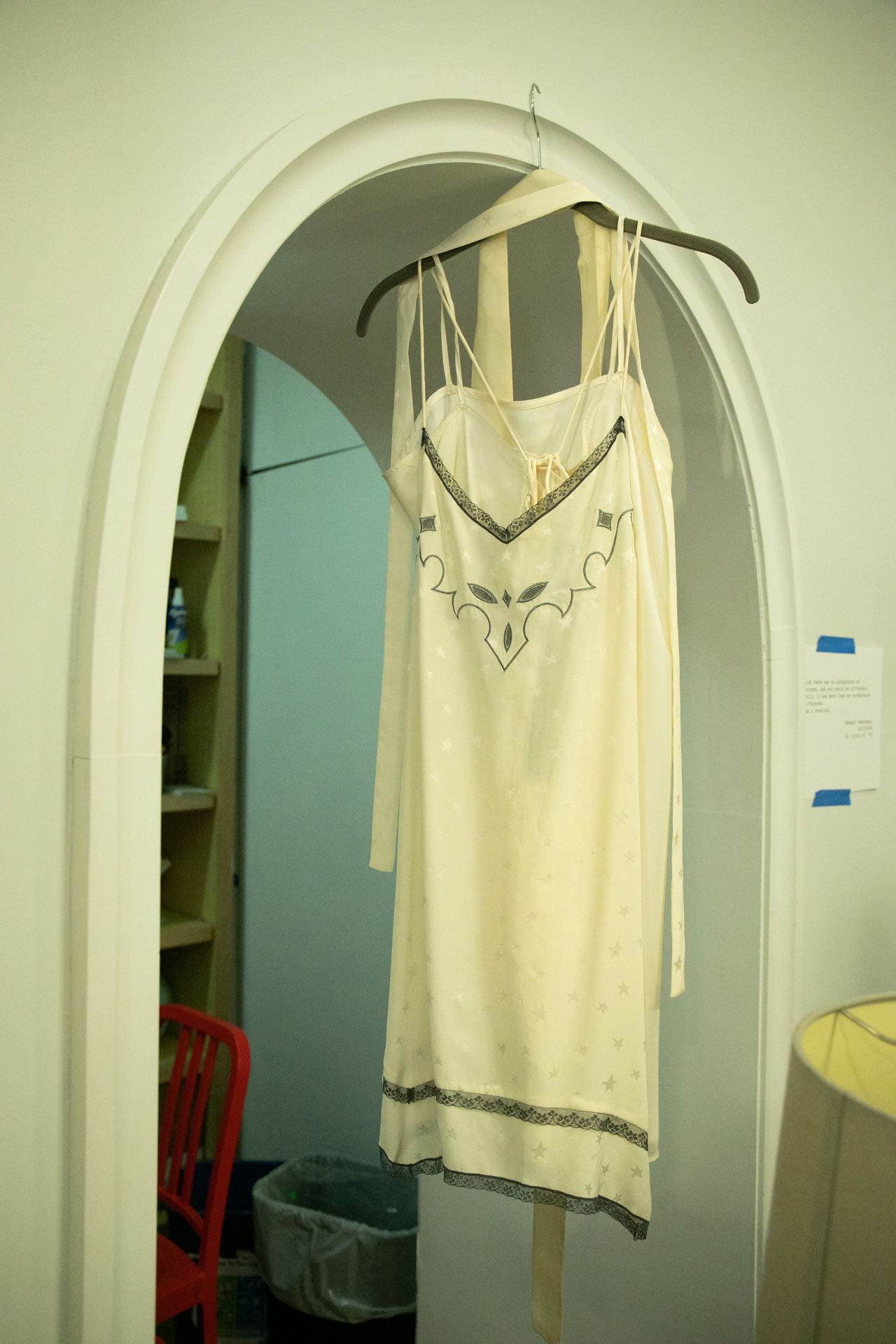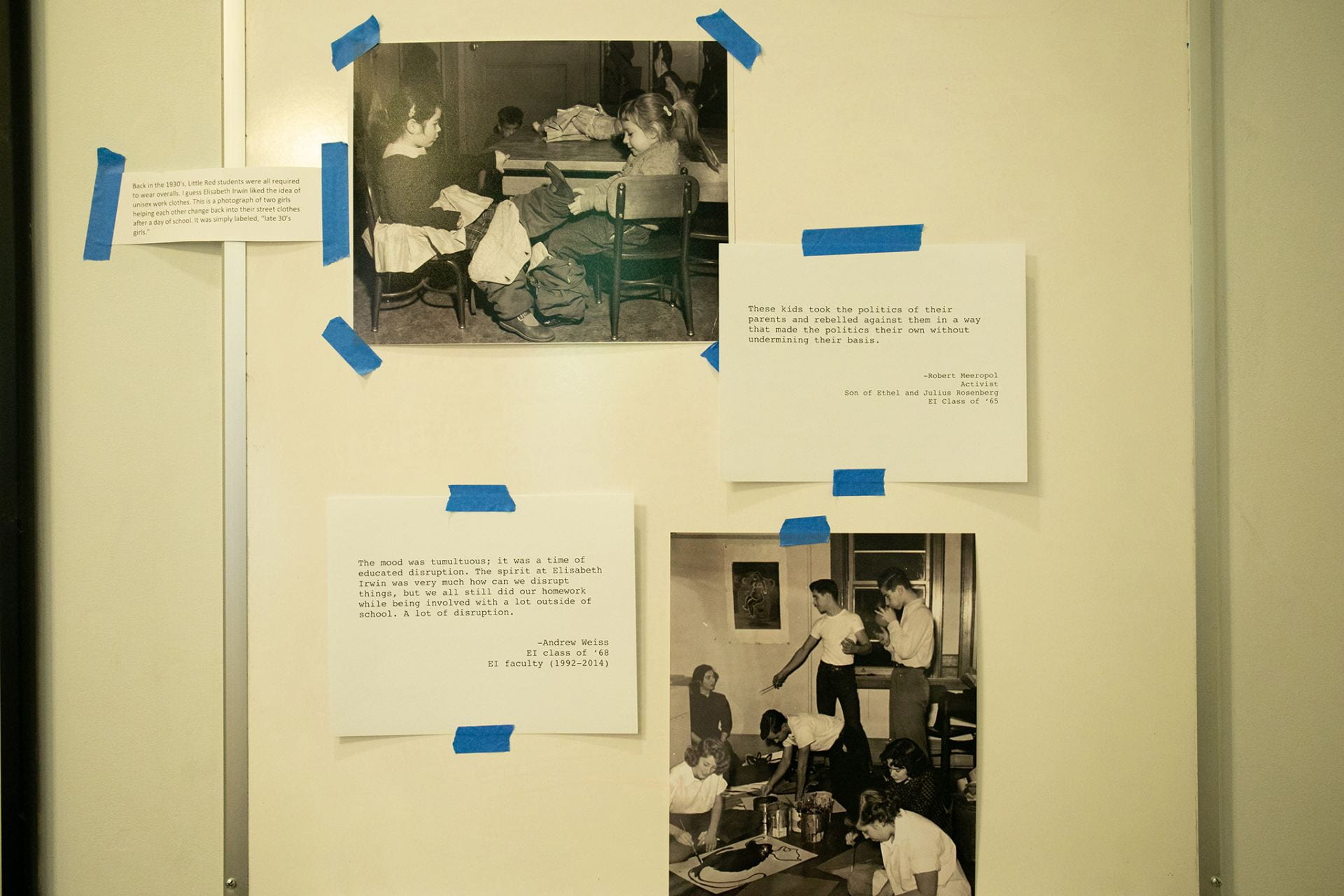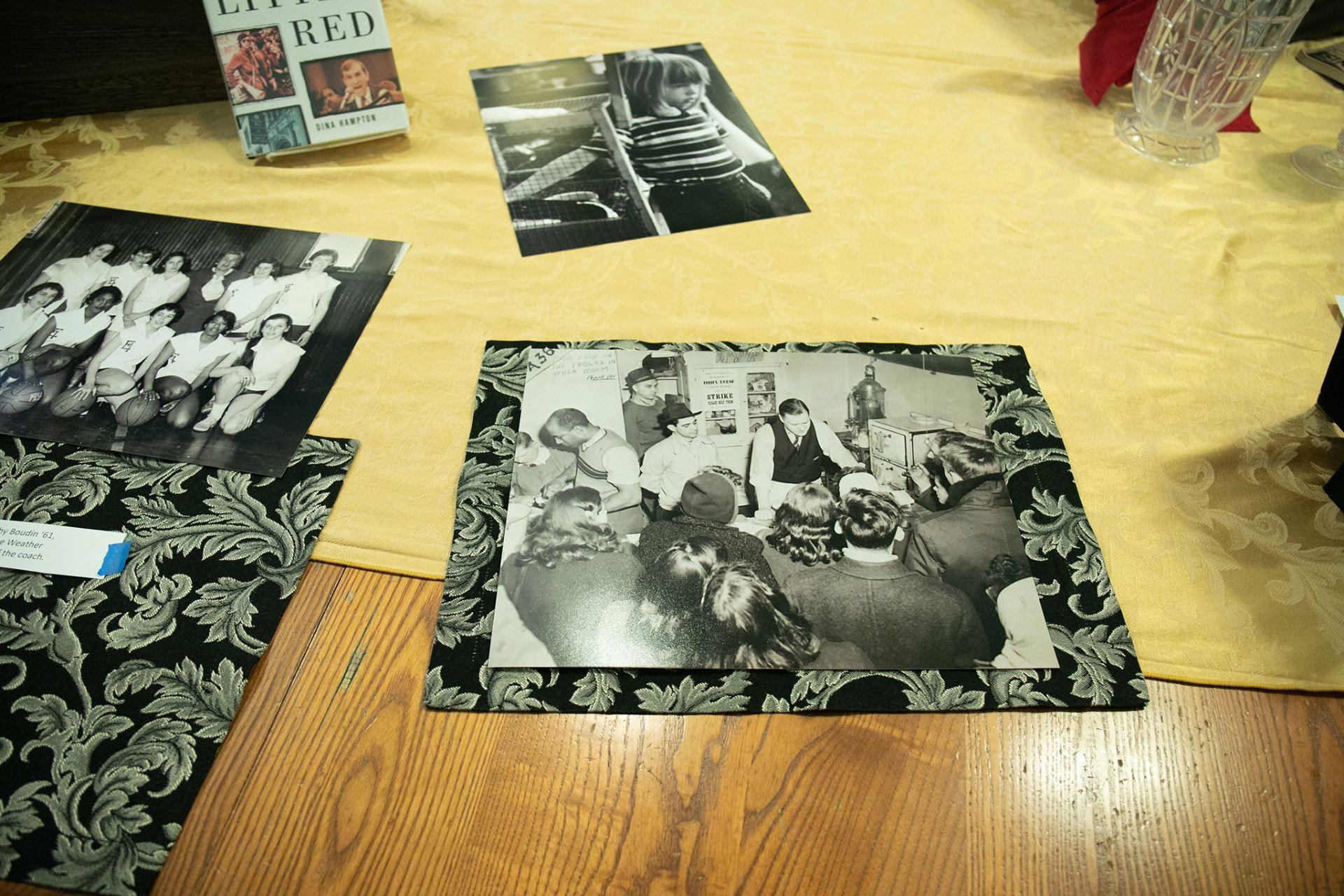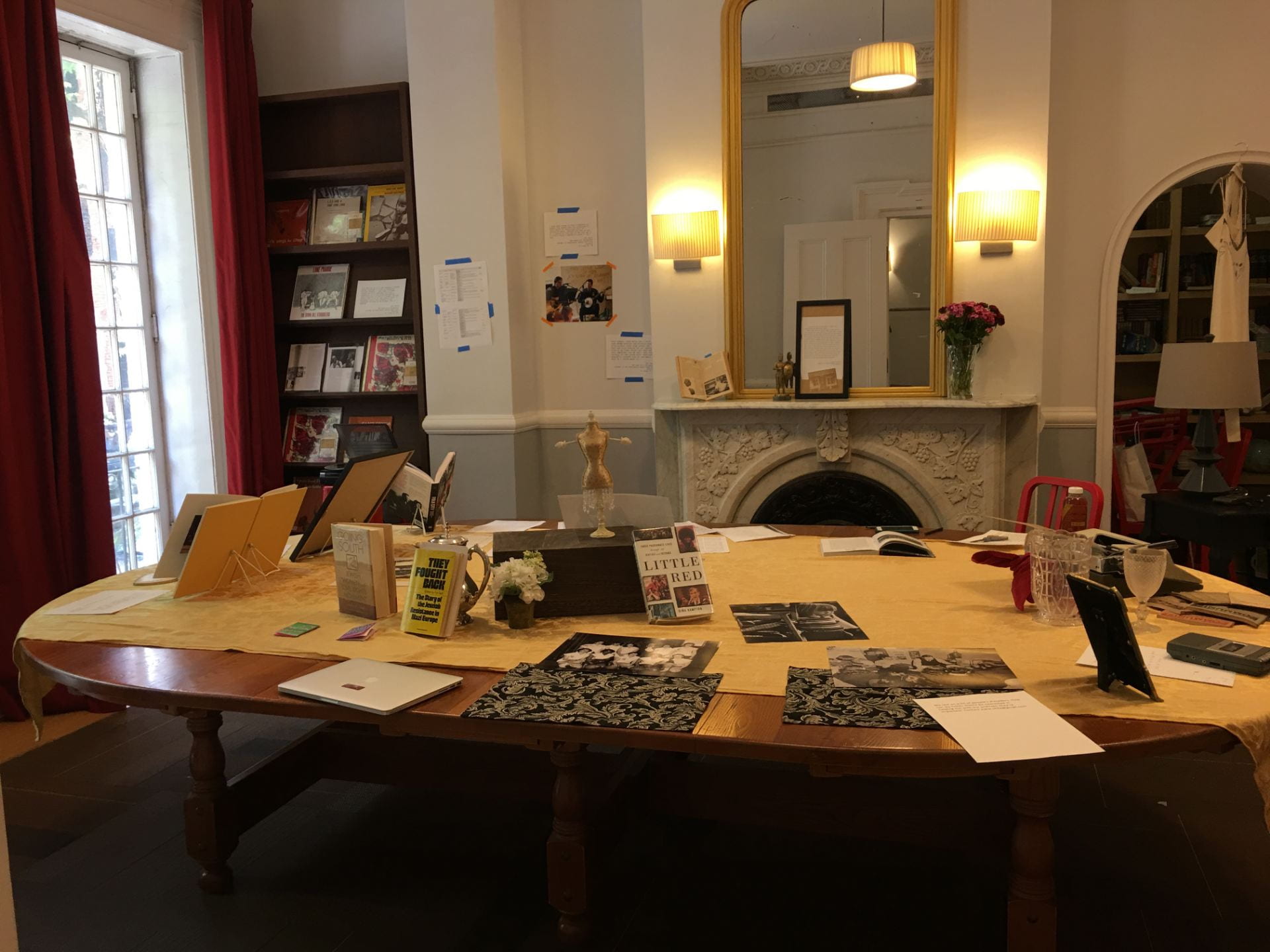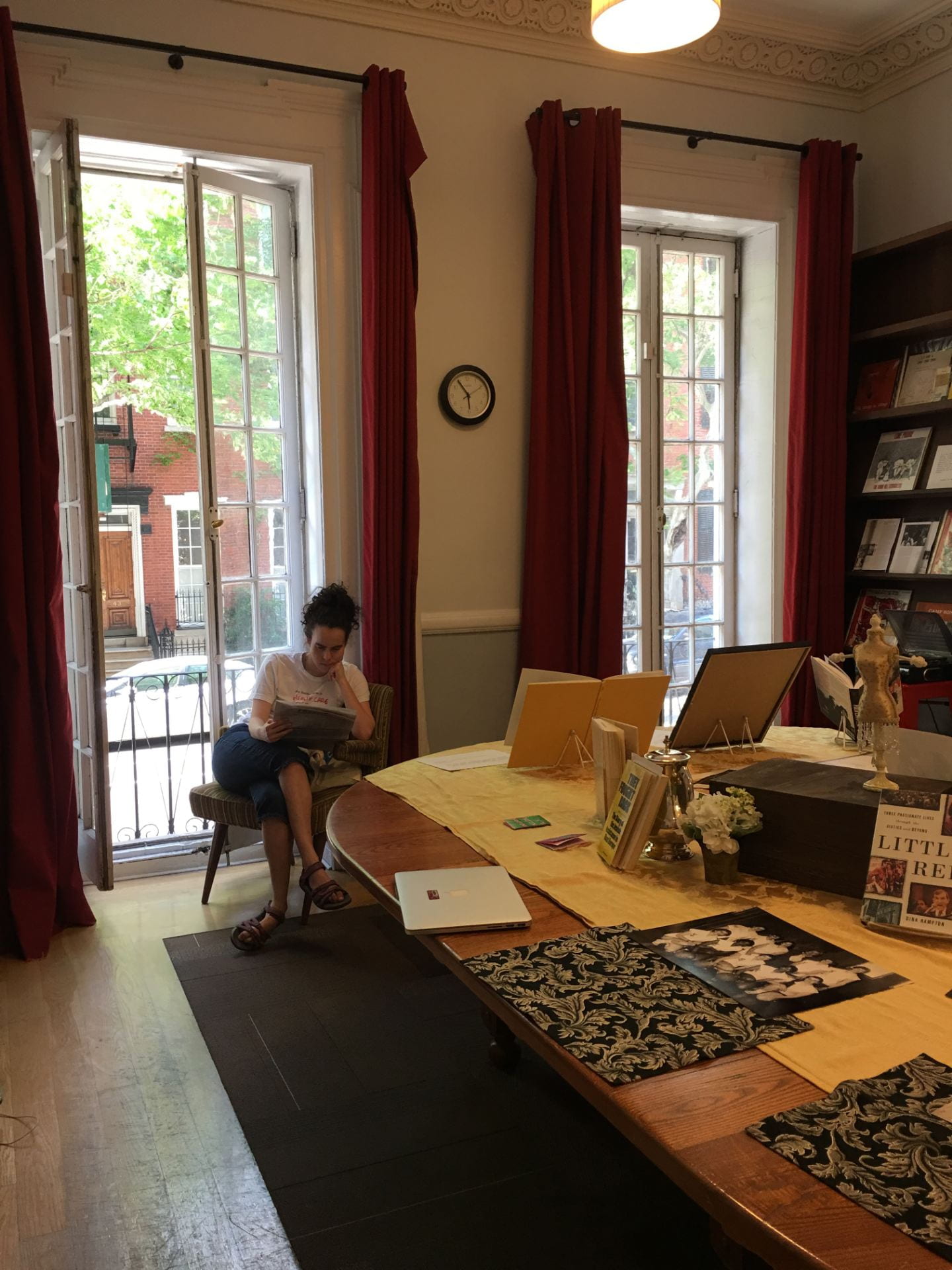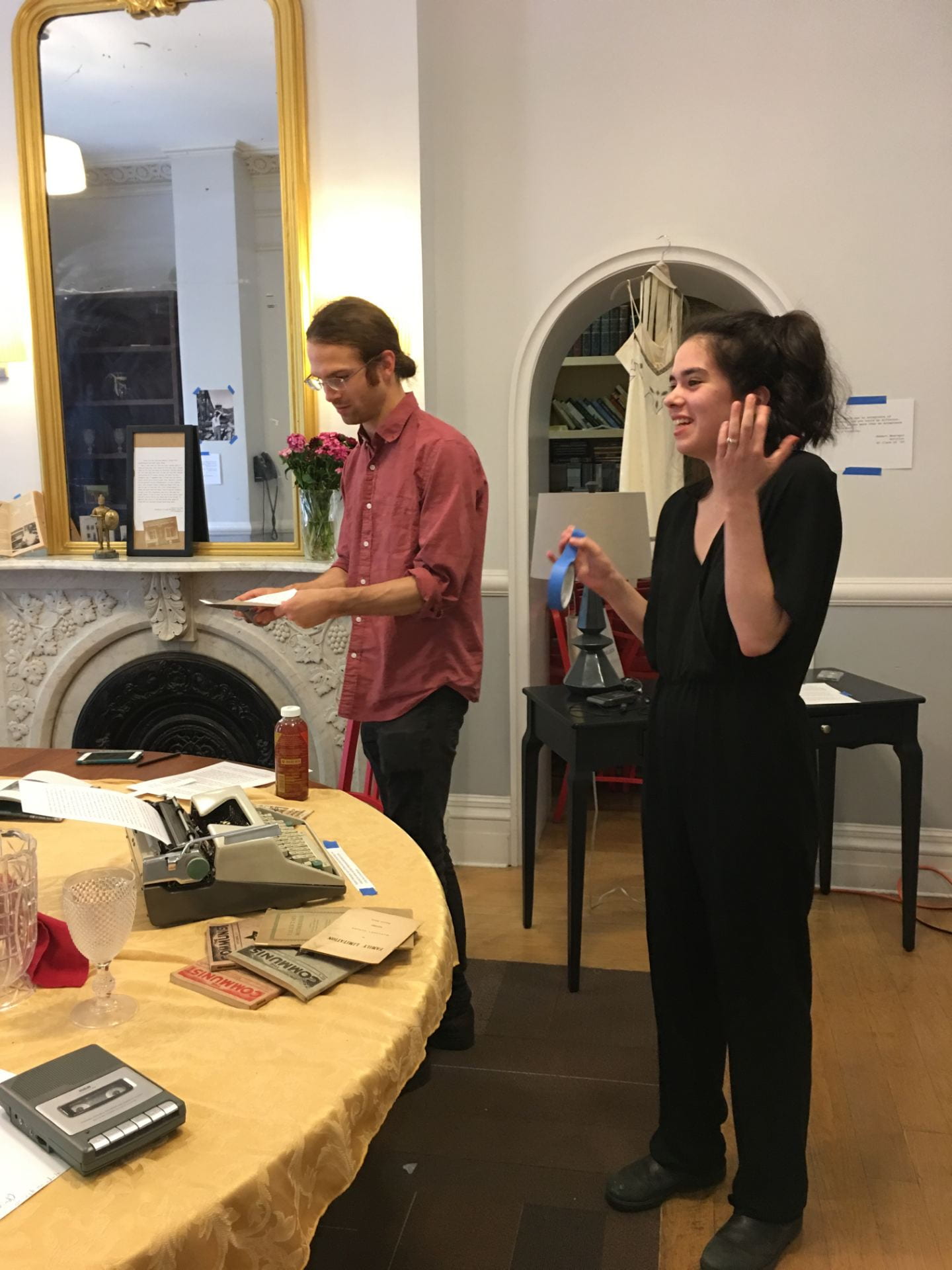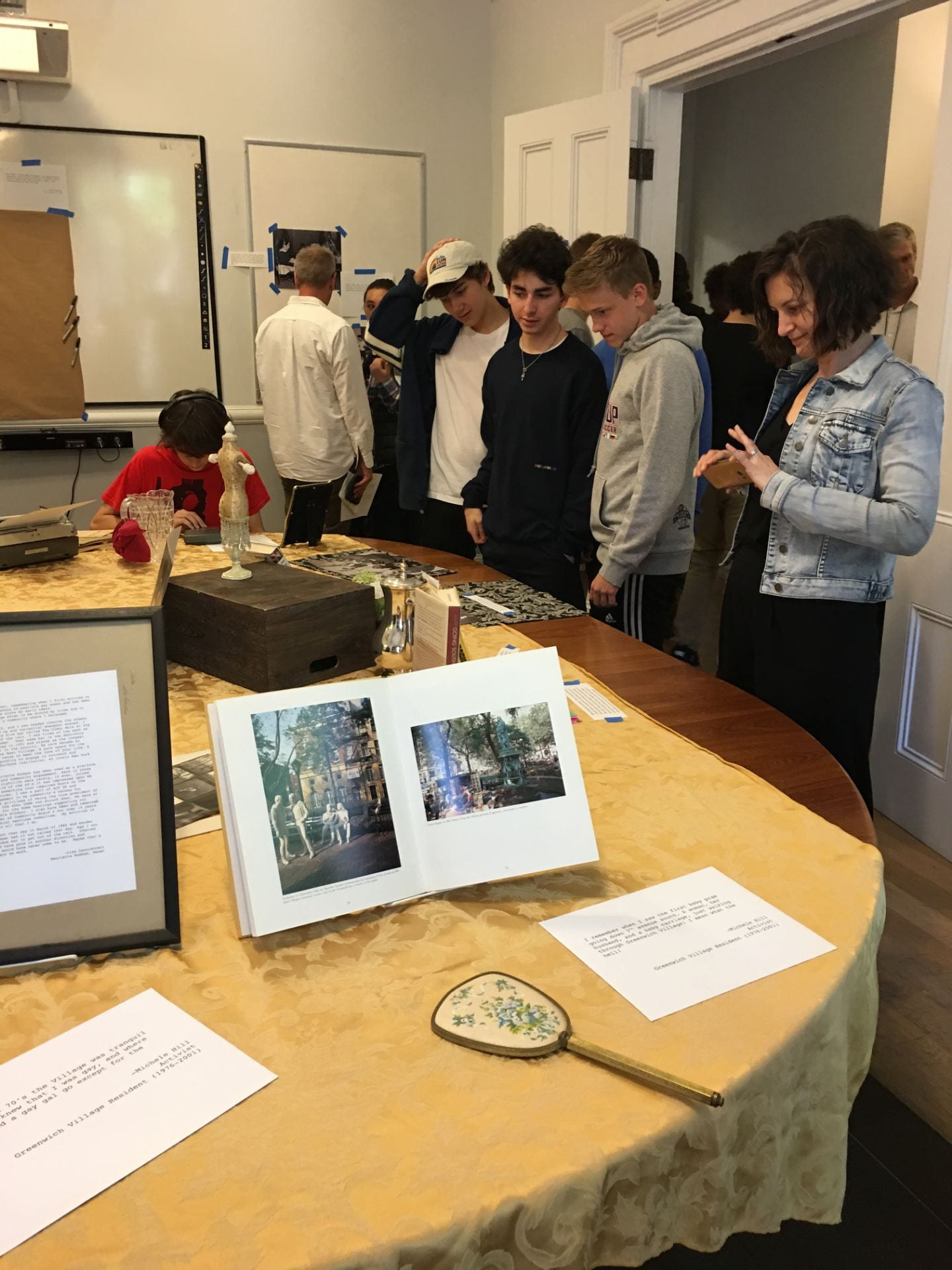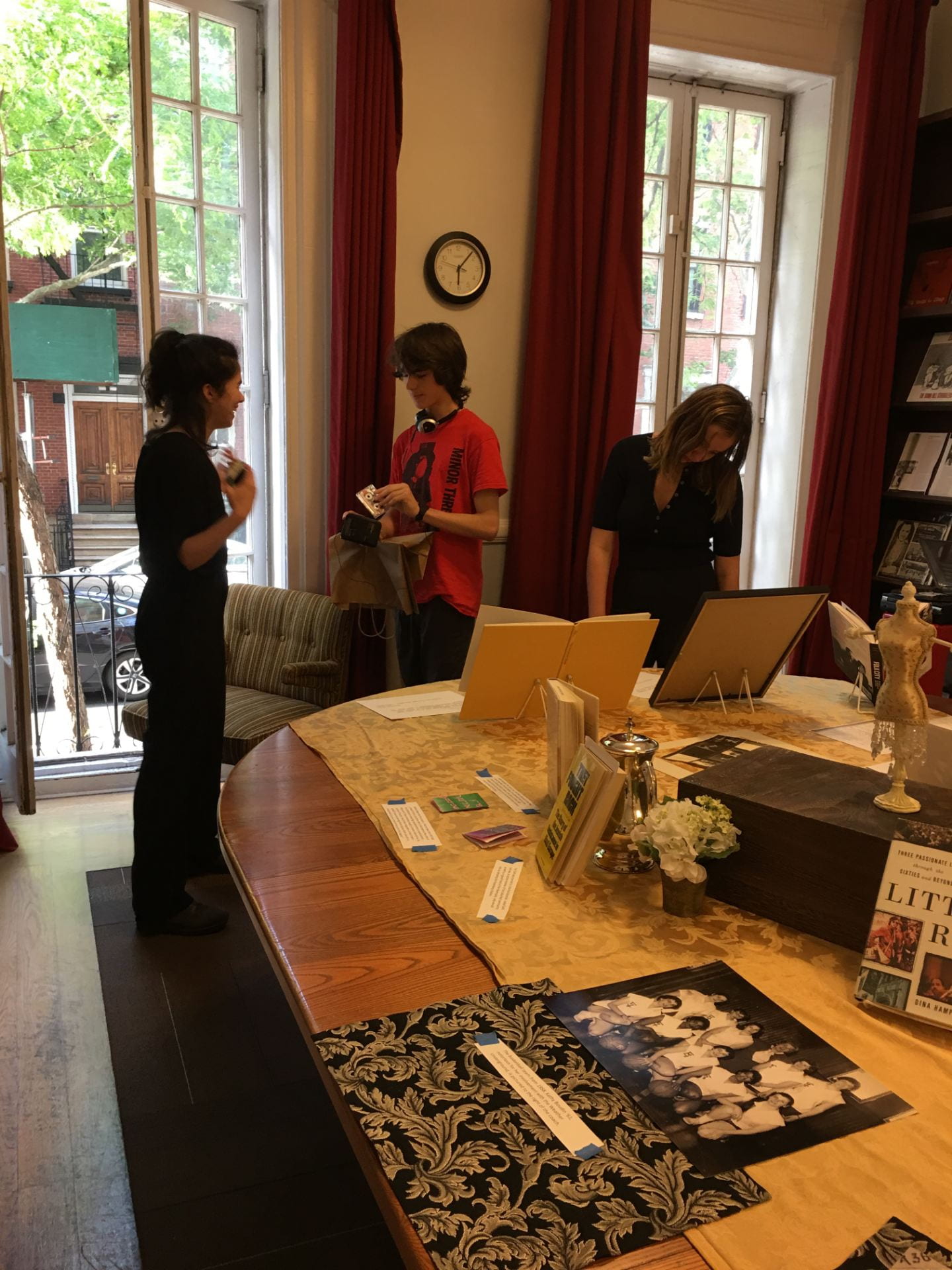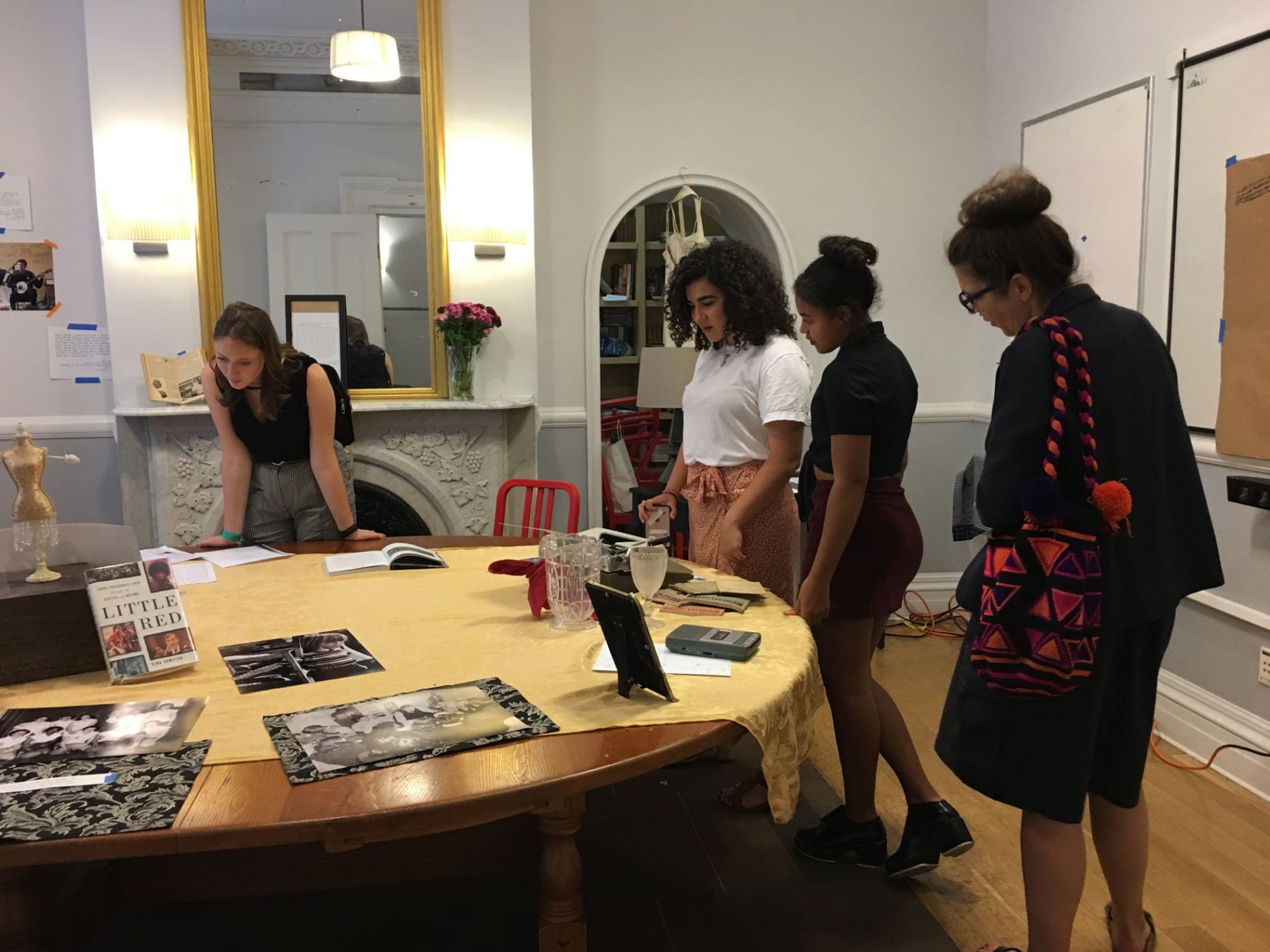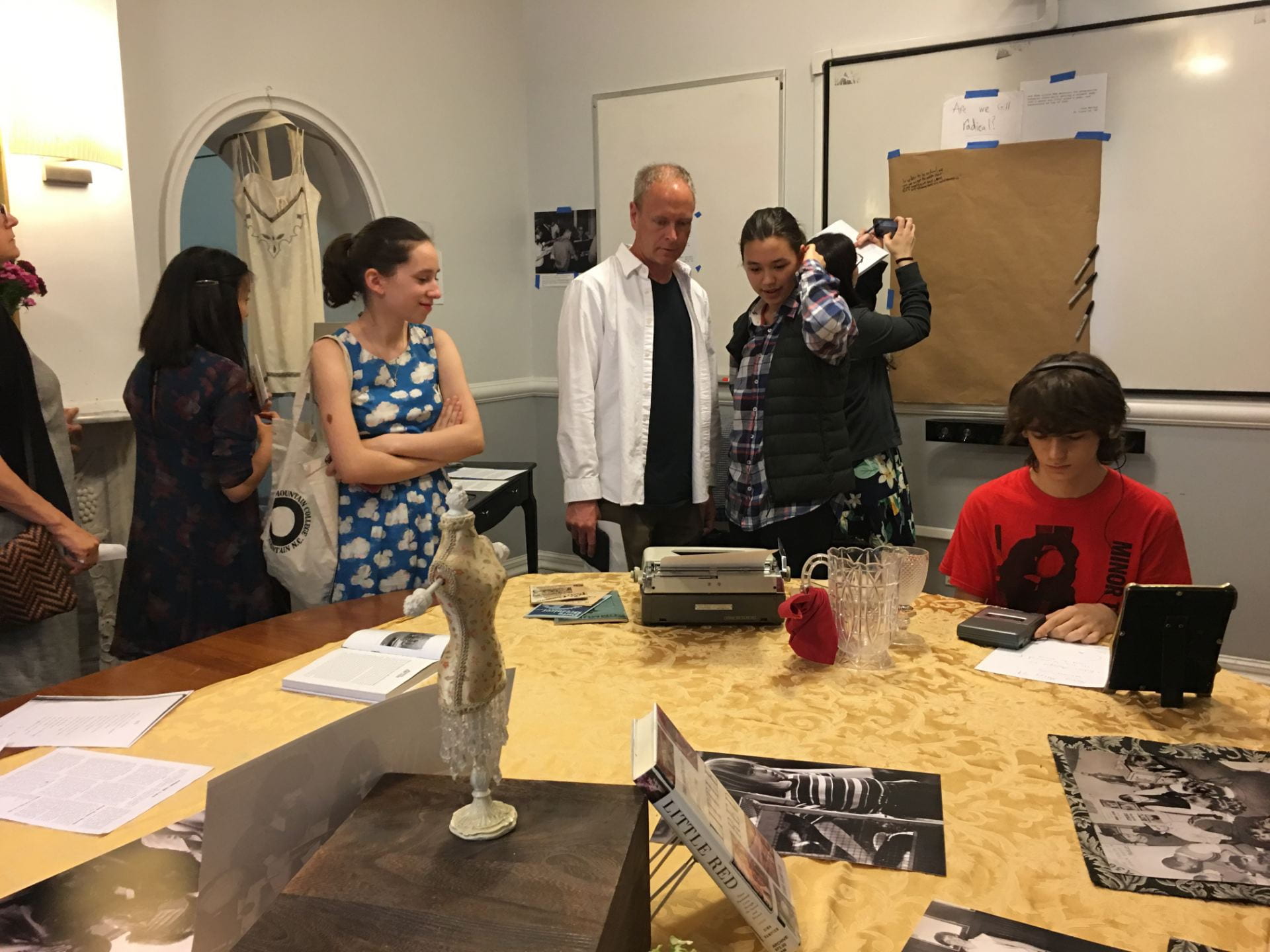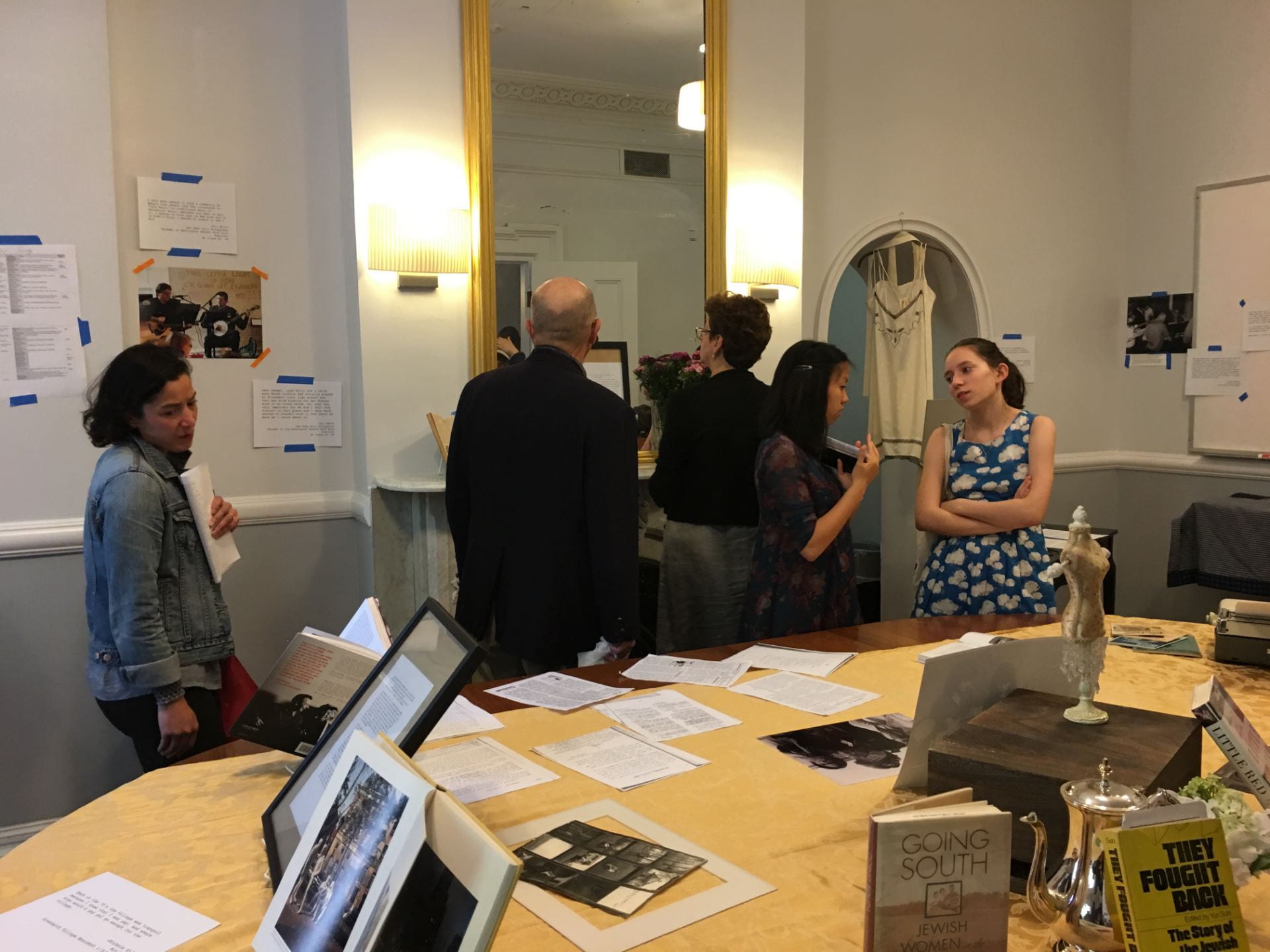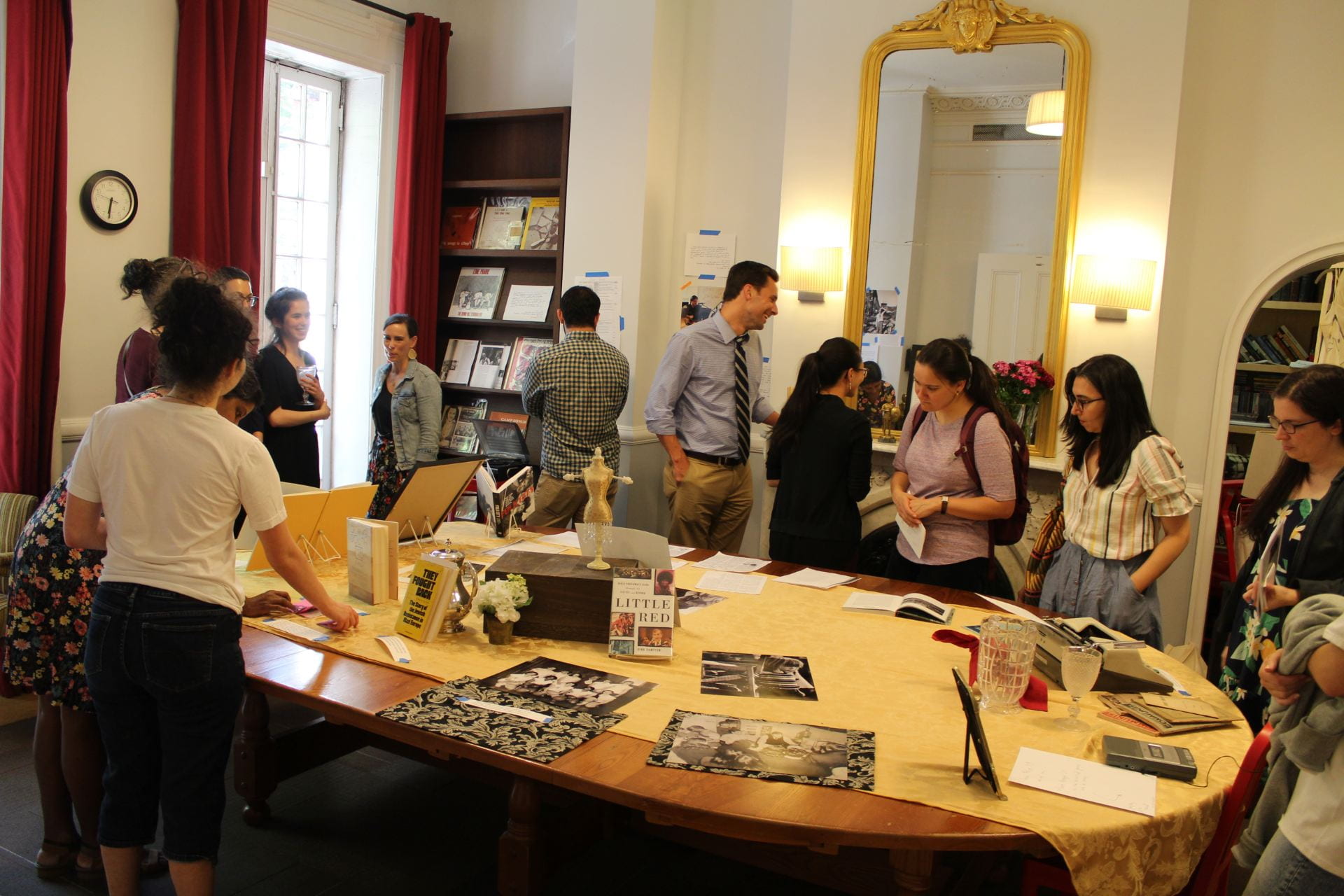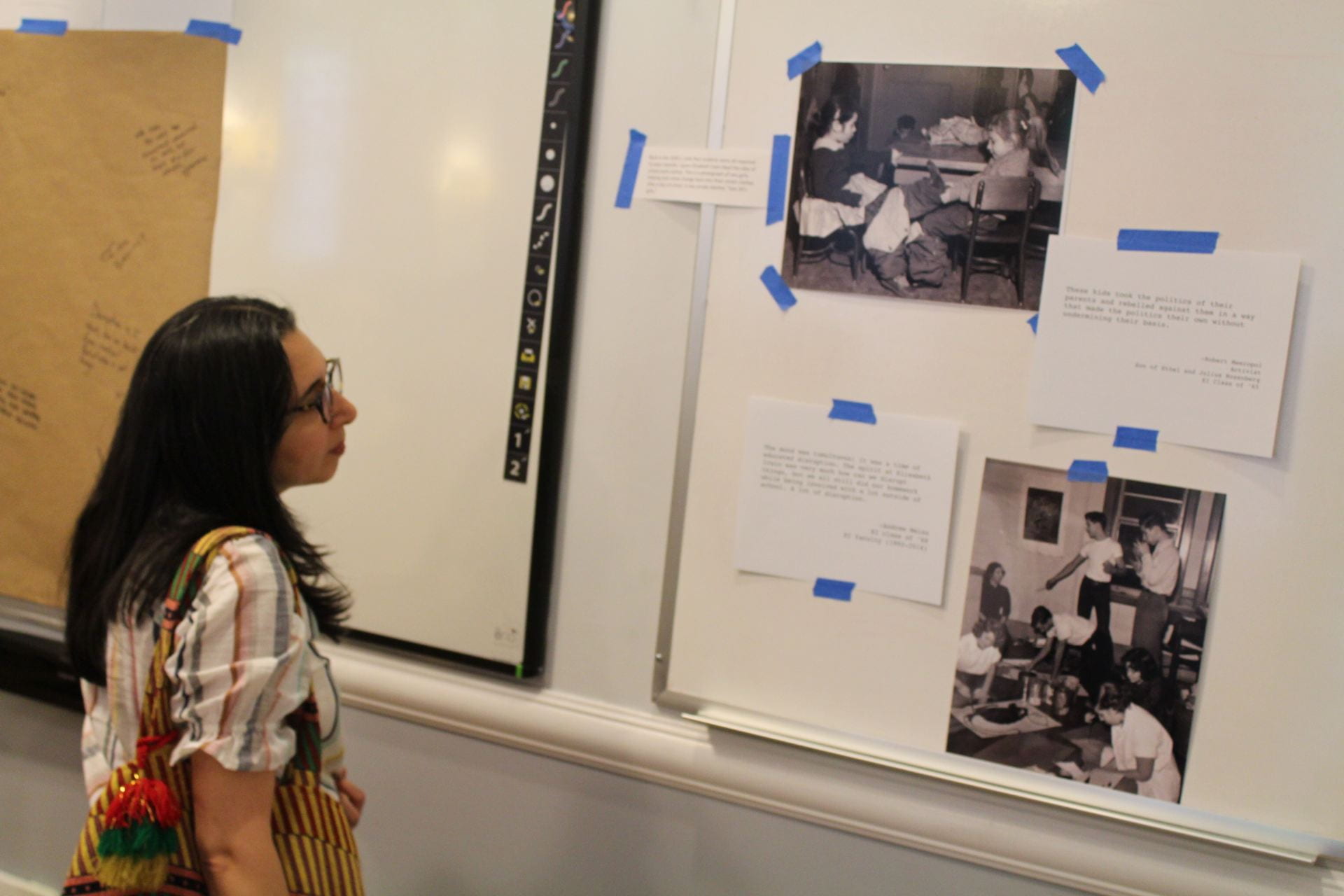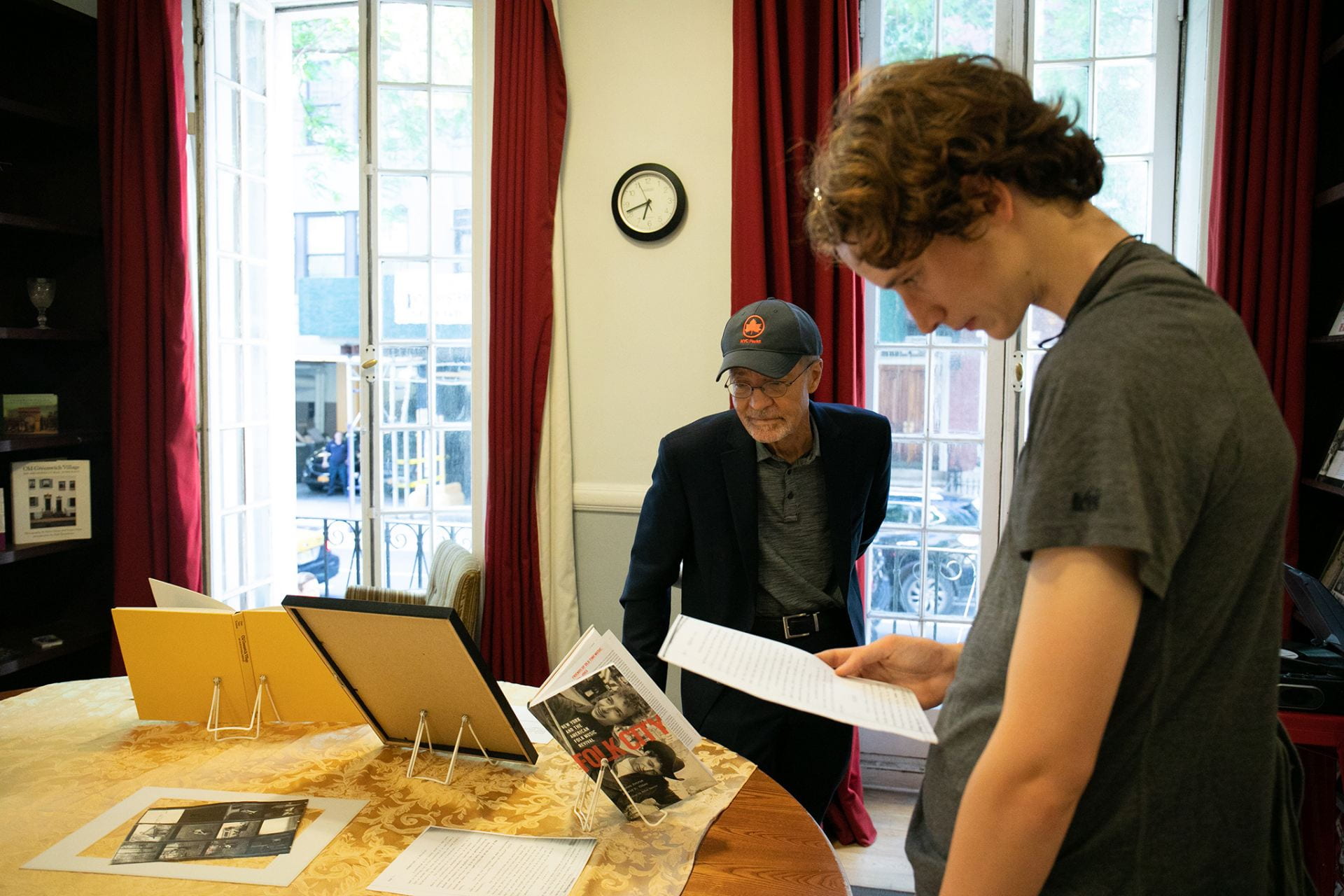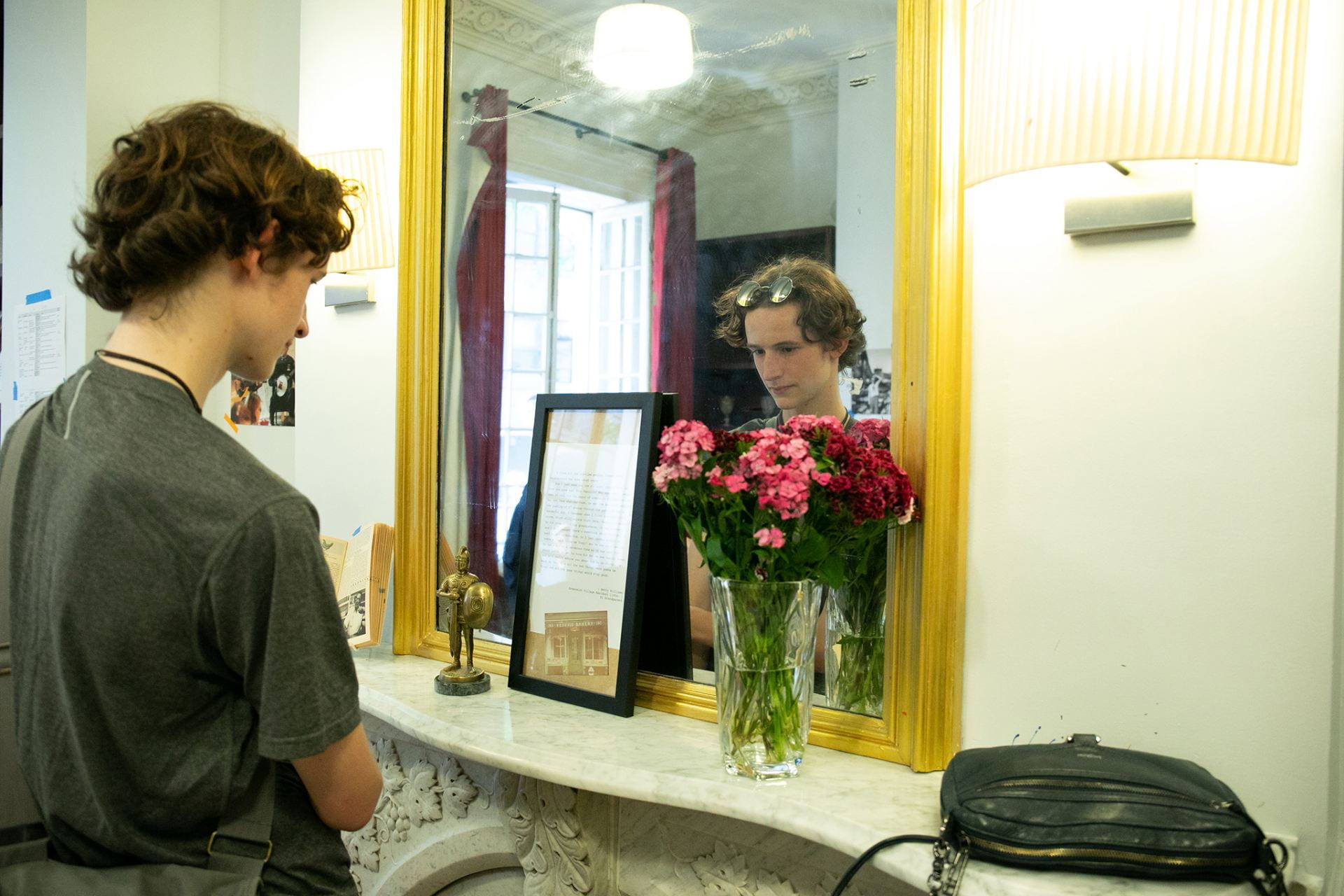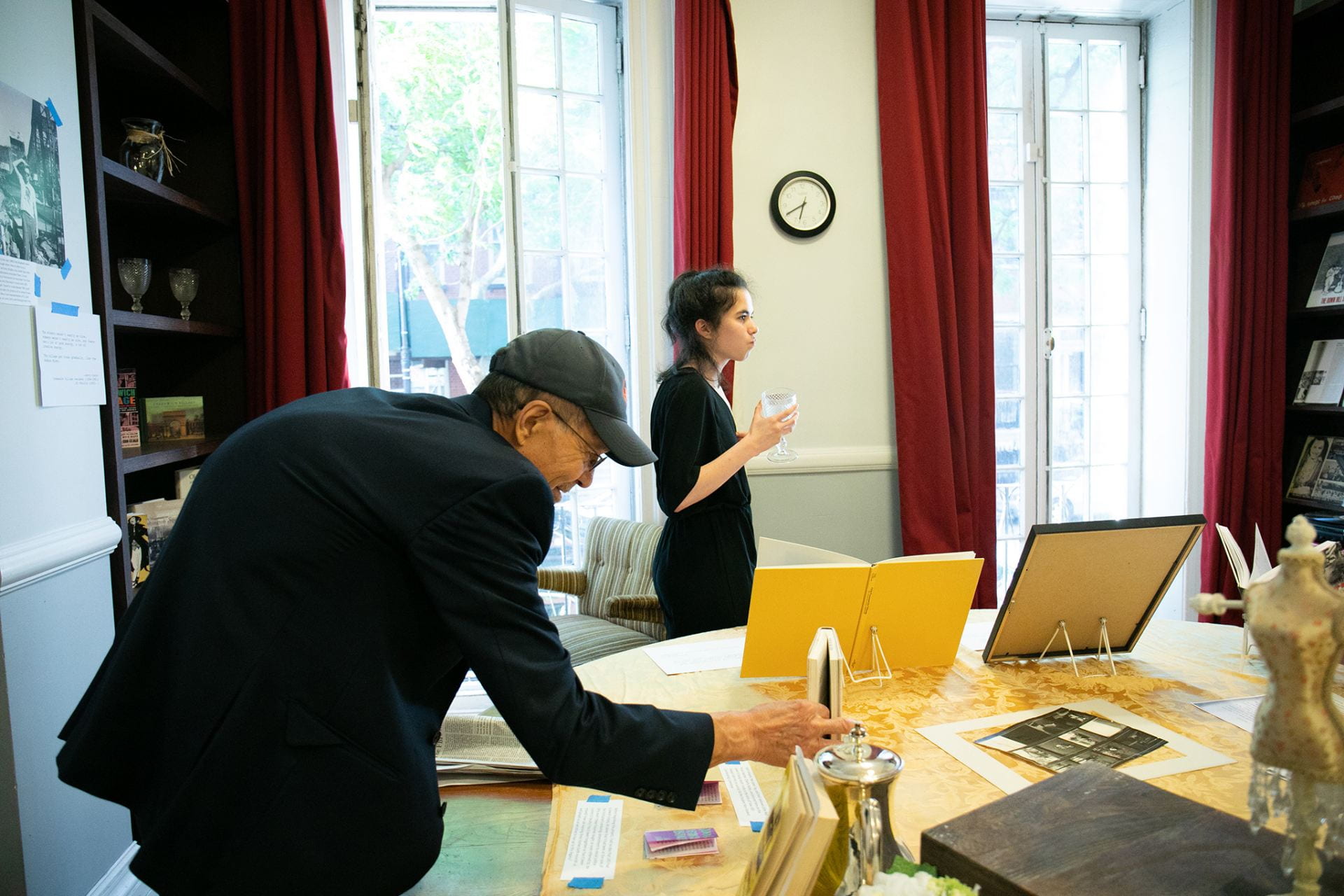A Dive Into the Archives – Talia
So for my Senior Project, I wanted to step into the lives of other Greenwich villagers. In helping organize the school’s archives, I had the opportunity to absorb personal histories within the Village. I also wanted to extend my understanding of the personal histories beyond LREI and decided to conduct a series of interviews to compile a collection of Greenwich Village stories.
A common thread among most of my lyrical, poetic, musical heroes was their ability to adapt this neighborhood, Greenwich Village, to suit their passions, to facilitate their quirks and creativity, and to feel at home. So many different muses of mine made so many different homes out of this neighborhood. For my senior project I wanted to find out what aspects of this neighborhood make it home for the various Village characters I interviewed. I asked,
How have you adopted and adapted to these crooked streets? What neighborhood spots assured you that this was, in fact, your home? What made this community yours and what continues to remind you, coming back from Laguardia, across the Brooklyn Bridge, out of the Holland tunnel, that you have finally returned home?
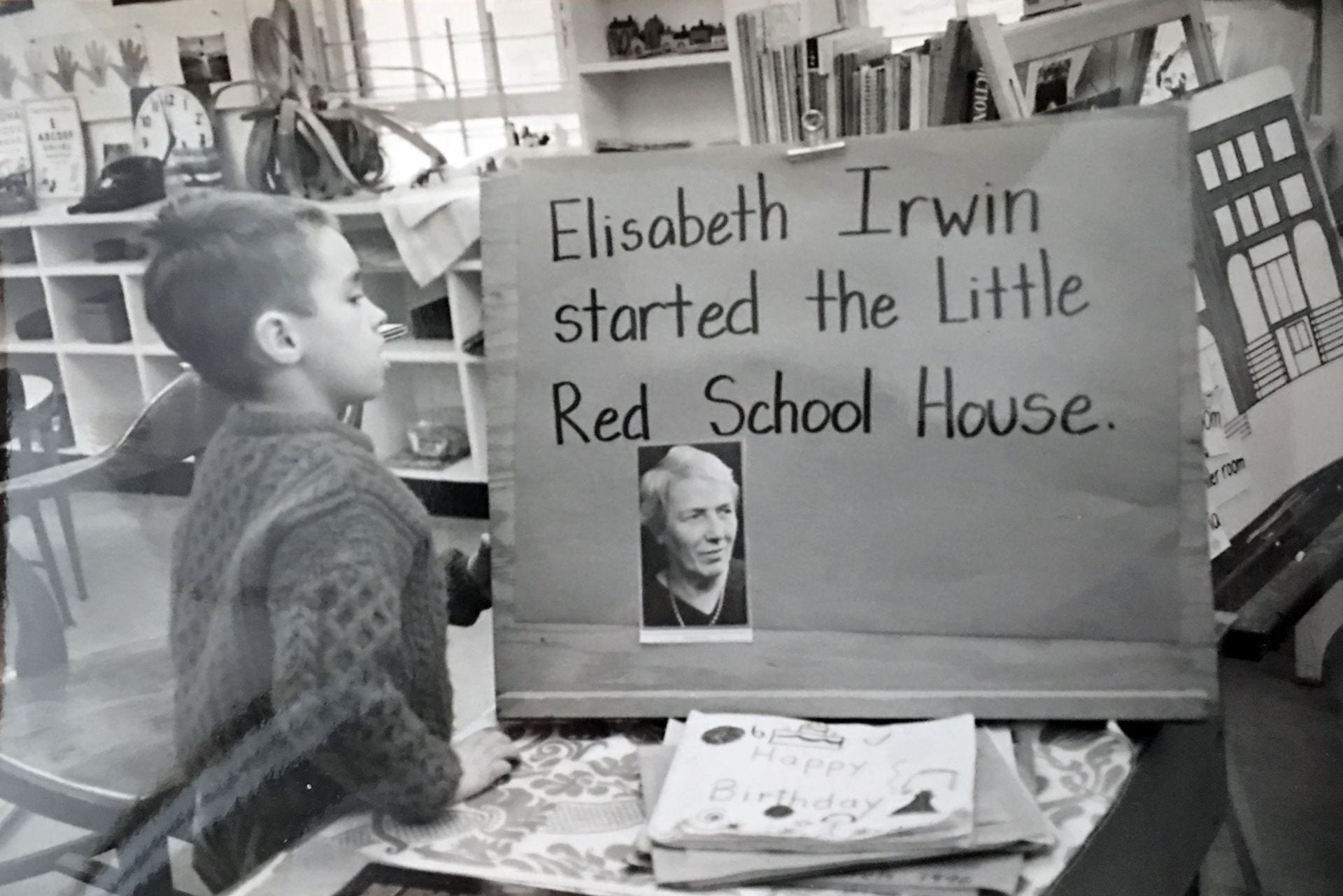


The mood was tumultuous; it was a time of educated disruption. The spirit at Elisabeth Irwin was very much how can we disrupt things, but we all still did our homework while being involved with a lot outside of school. A lot of disruption.
We were definitely conscious that Little Red was a different place. Maybe we were a little arrogant about it, no that’s the wrong word, we were proud. We wouldn’t go around bragging, “Oh you know Earl Robinson’s my music teacher and yours isn’t,” but I think we really felt the commitment of the place that would have actively blacklisted teachers teach there and classmates with blacklisted relatives. Arrogant is not the right word, but we still knew we were in a place different from other places.
-Andrew Weiss
EI class of ‘68
EI faculty (1992-2014)
Andrew Weiss Pt. 1
Andrew Weiss Pt. 2
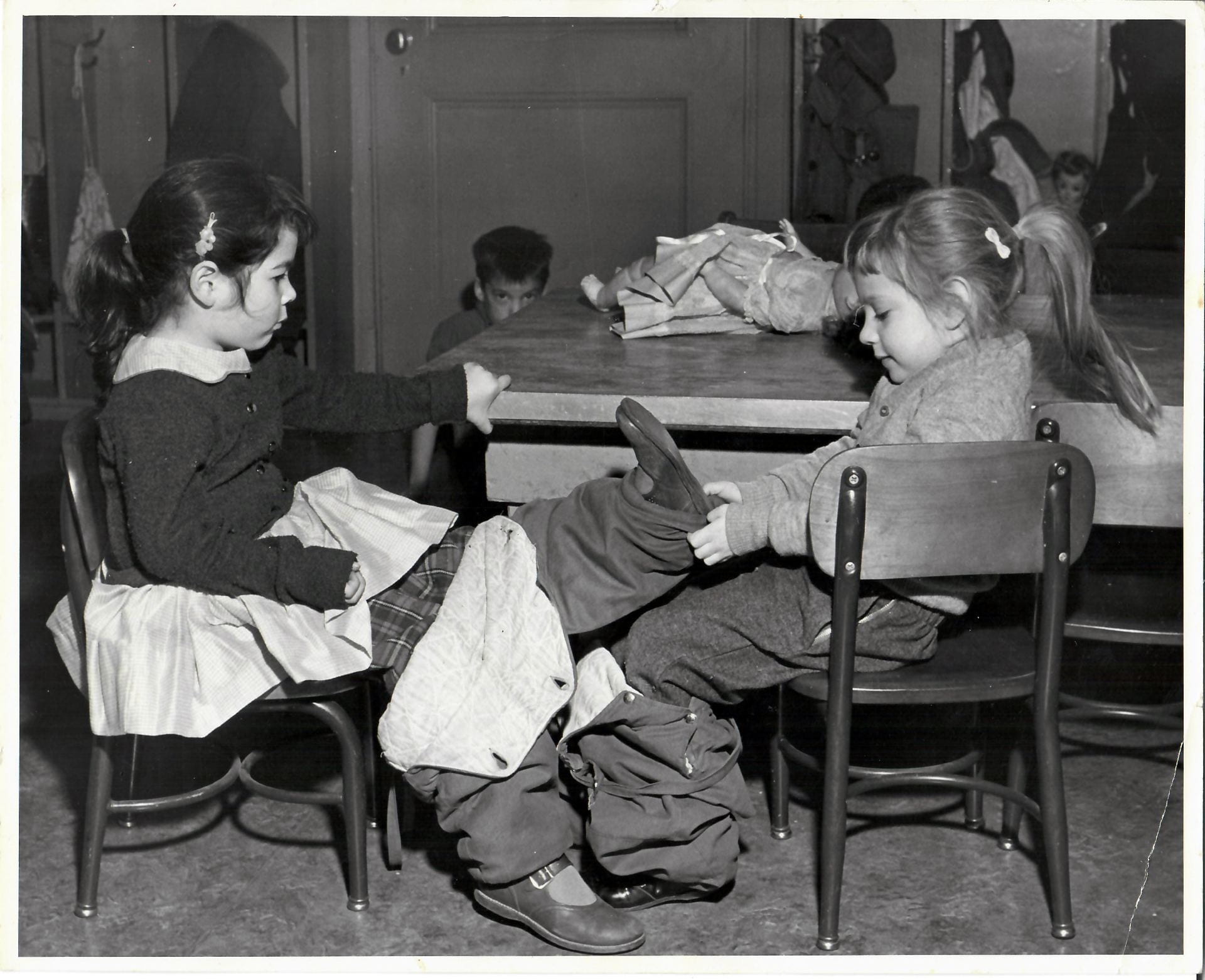
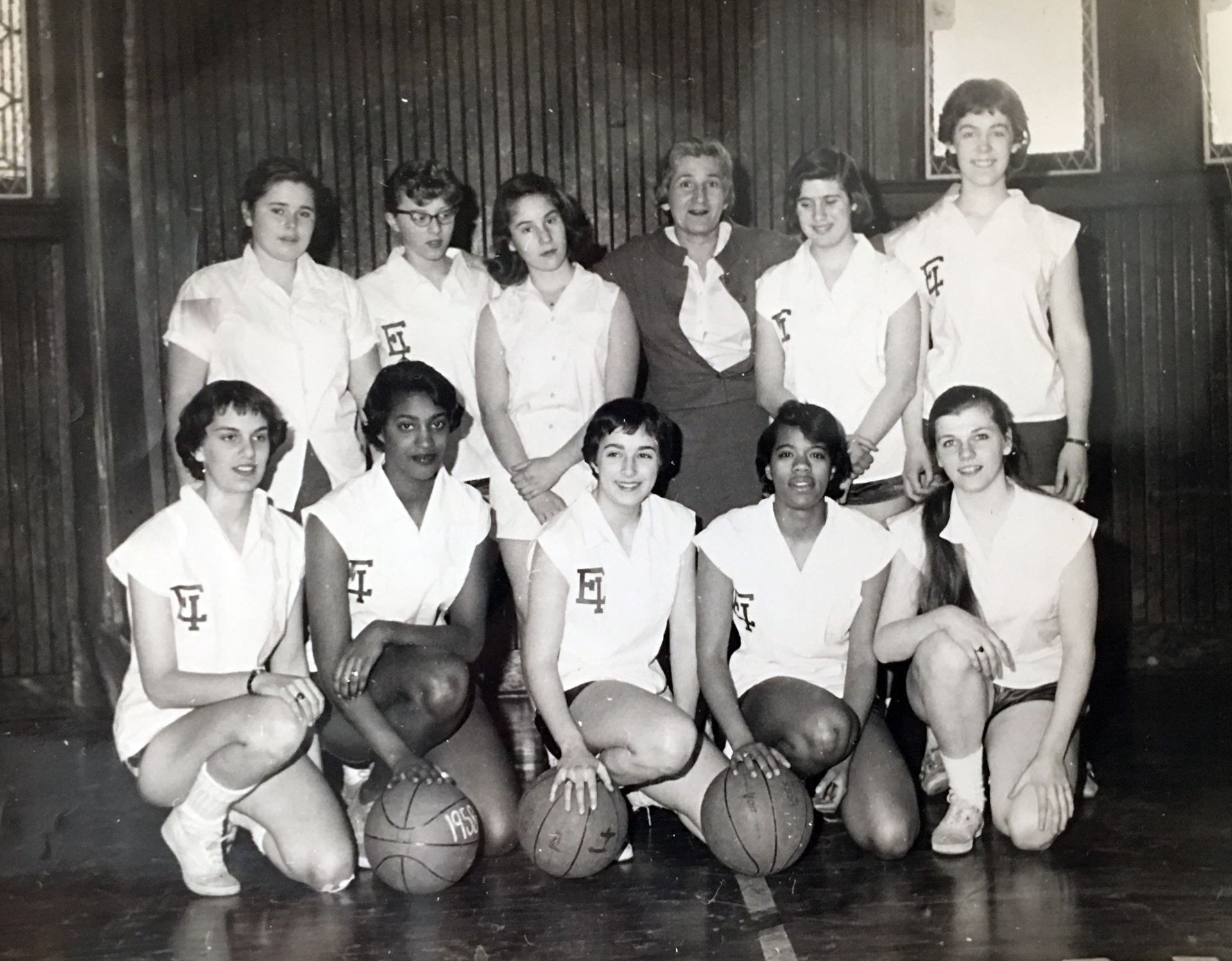
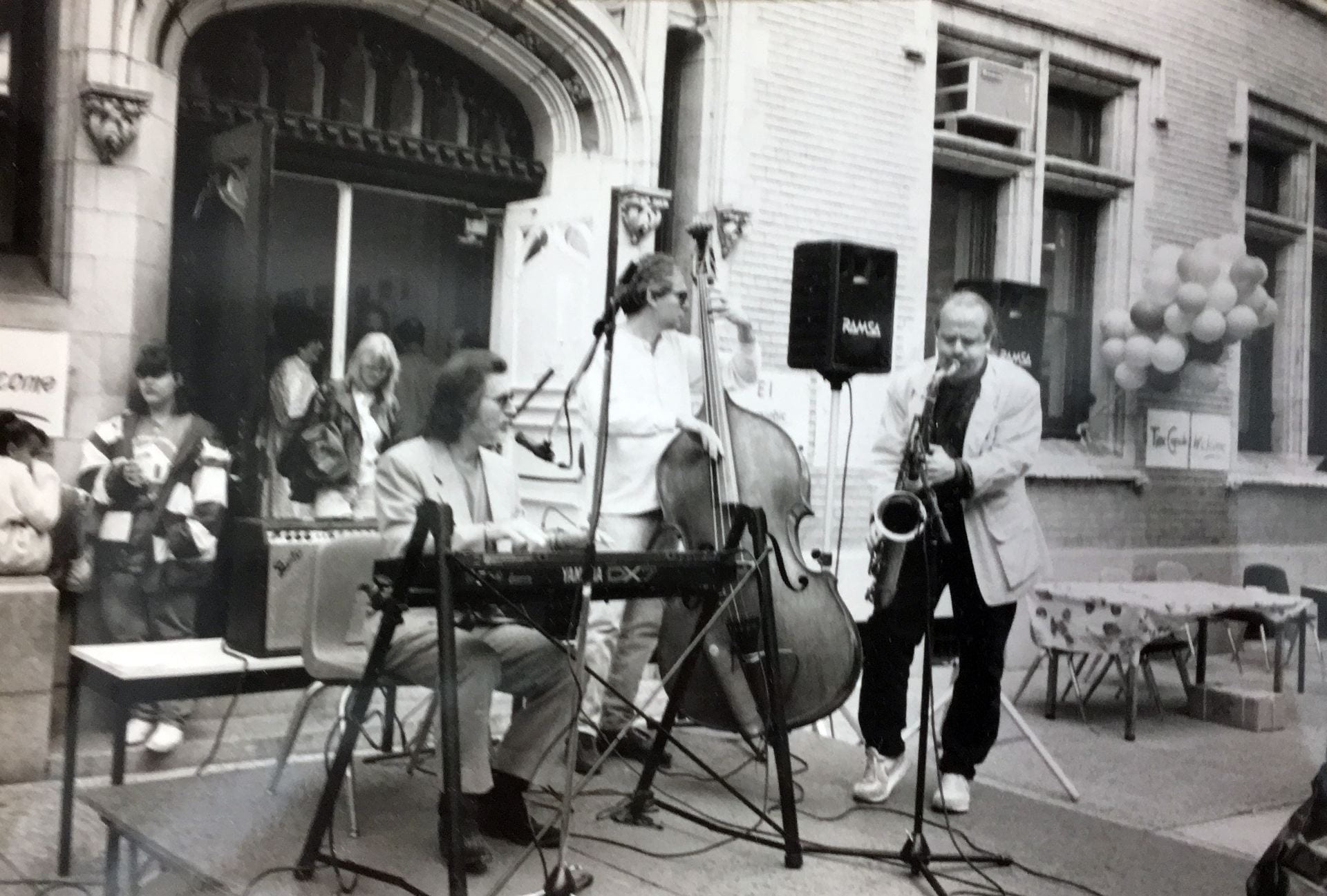
My worldview in general was very similar to my parents but at the same time I looked at things from a different critical perspective and drew from my own personal experiences as a child of the 1960s, opposed to my parents’ perspective who were children of the 1930s. America of the 1960s was a very different place from America during the Great Depression. Also the politics during the 1930s was also very much party discipline; positions that are taken and we follow them. That’s kind of the way the Communist Party operated in the United States. Yet in the 60’s it wasn’t that we believed in political anarchism but there was much less disciplined approach, so that very early on as the 9th and 10th grader I began to become critical of the Soviet Union. That was unheard of in my parents’ generation among their particular cohort and if you did voice any criticism of the Soviet Union, in their generation, you were automatically labeled as an anti-Communist and shunned. That that was not the case among my generation. We could have much more free-flowing discussions, so I think while we remained in the general folds of leftism it wasn’t the same kind of march step, everybody marching in tune, kind of leftist and I think that made it big difference.
It wasn’t like a choice like you had to make before, like either the United States and the Soviet Union. In my generation it was actually possible to be more critical of both and have a more nuanced understanding of what was going on.
These kids took the politics of their parents and rebelled against them in a way that made the politics their own without undermining their basis. That is the same kind of thing that I think that going to a place like Little Red fostered because it fostered independent thinking, but with the progress vent
I think there was an acceptance of difference, and you could be different. Honestly, it was more than an acceptance of difference. It was a reveling.
The New York city School System used to have bomb shelter drills where the kids all had to hide under their desks and put their arms over their heads, and how this was supposed to protect them from a nuclear attack I was never sure, but that’s what they did. At Elisabeth Irwin, we went down into the cafeteria which was in the basement and we sang peace songs. That was a little different, y’know.
-Robert Meeropol
Activist
Son of Ethel and Julius Rosenberg
EI Class of ‘65

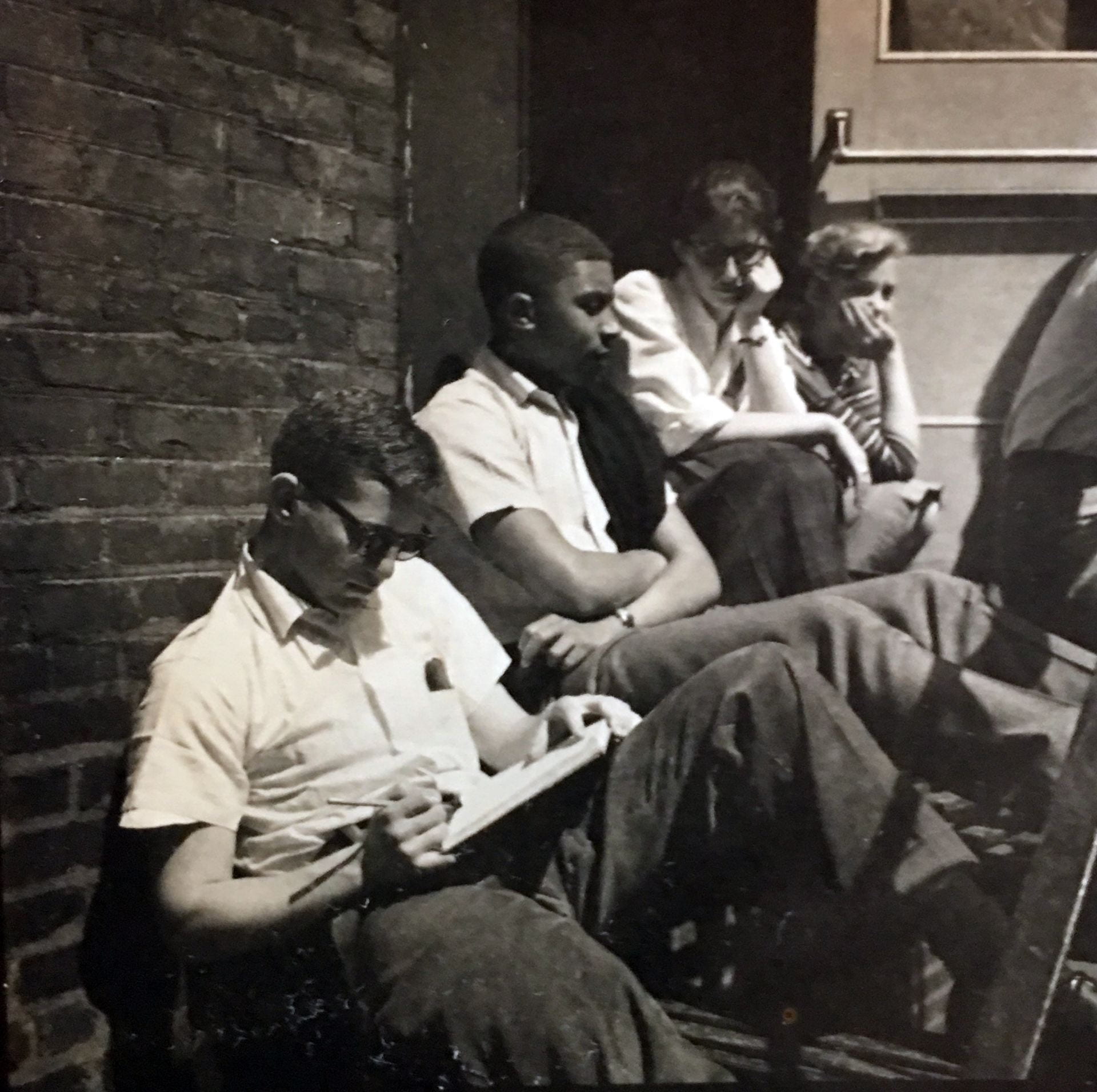

In the late 1950s, the Village was changing from the 1920s which is when it flourished as an inexpensive place that attracted artists. Everybody was talking about the change, upset about the change, and upset about gentrification.
The streets weren’t nearly as nice, subways weren’t nearly as nice, but there was a lot of good energy, a lot of creative energy. The village got clean gradually, like the Hudson River.
-Jerry Casio
Greenwich Village resident (1958-1961)
EI Faculty (2002- )
Jerry Casio
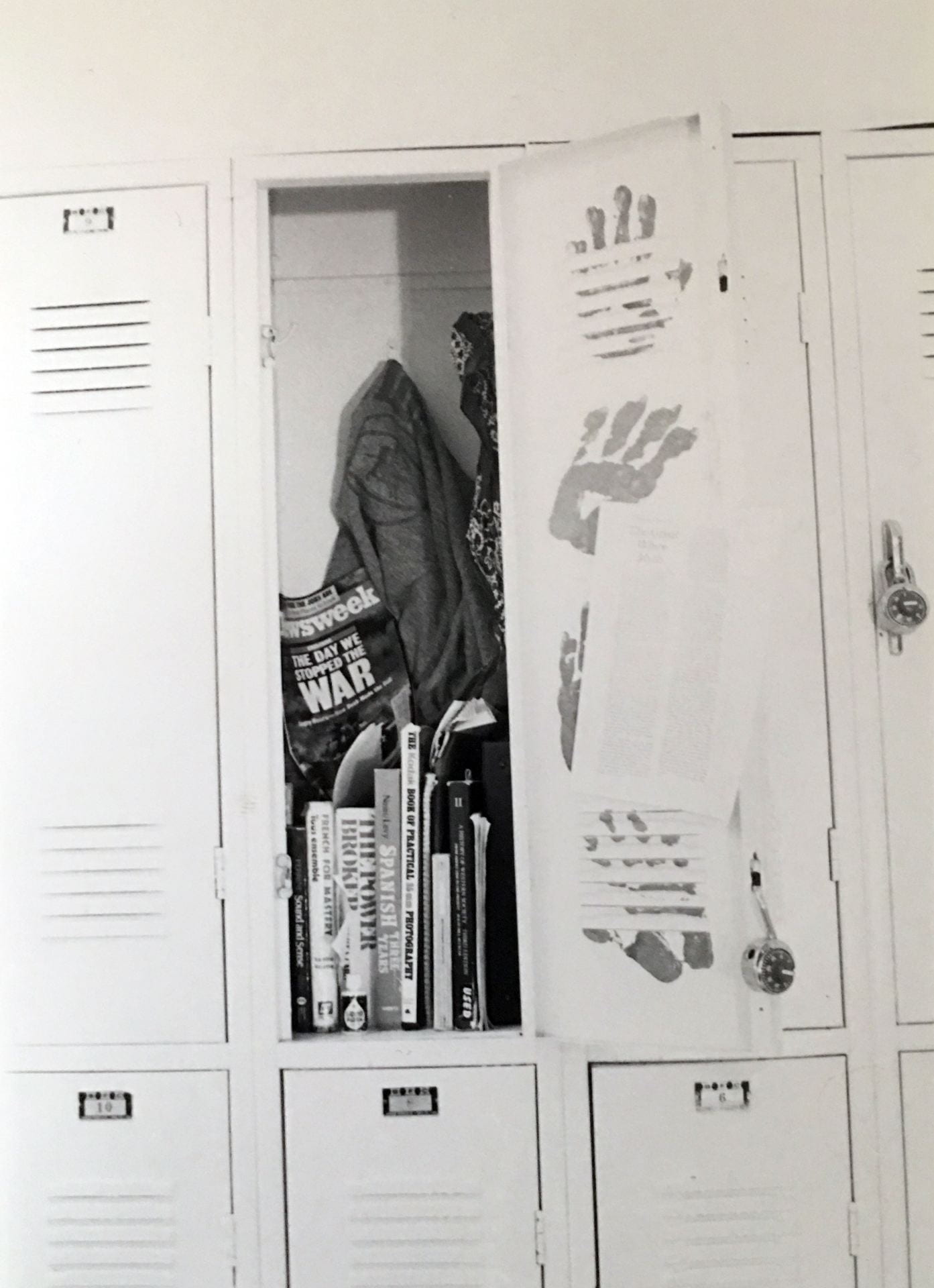
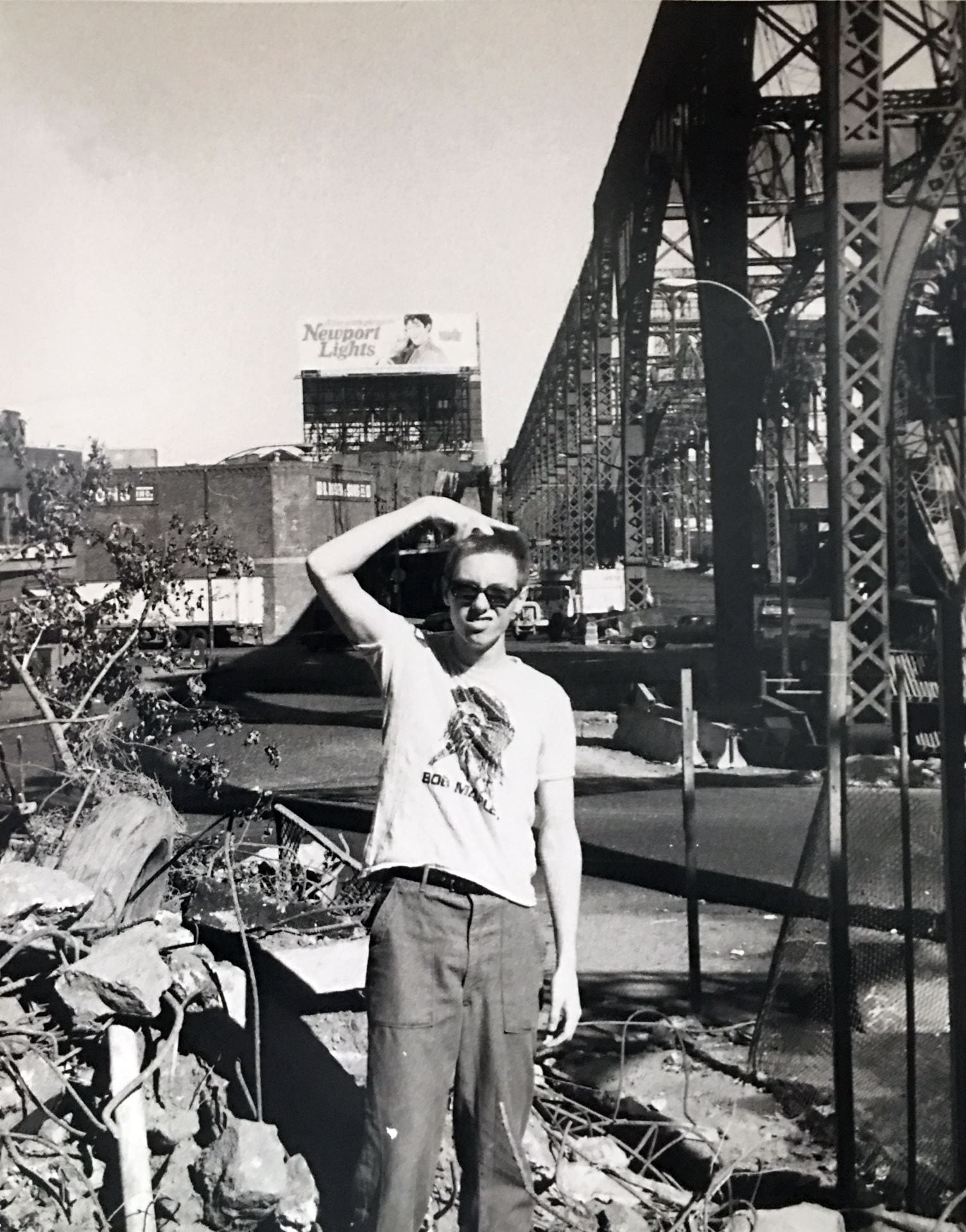
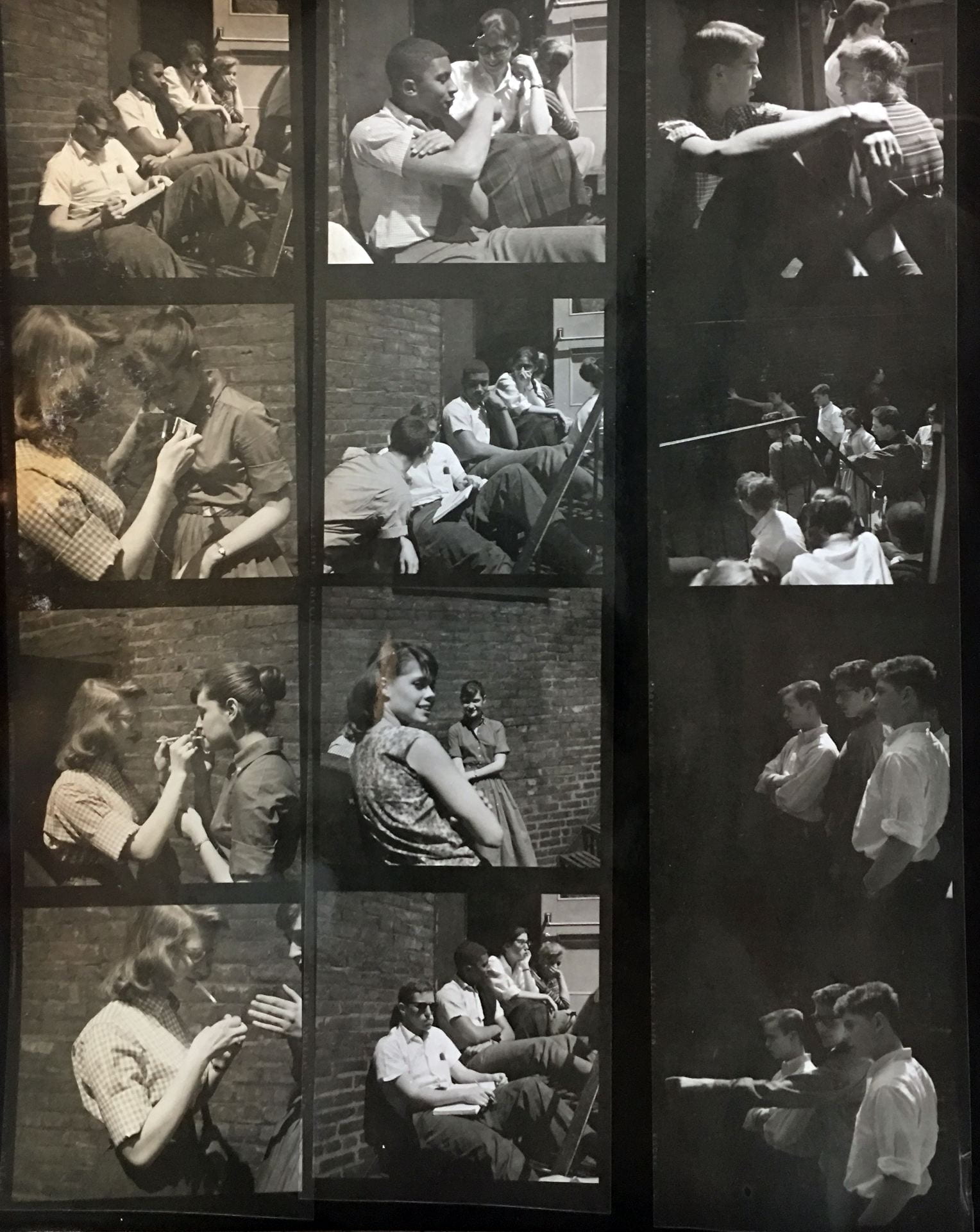
I loved all the old-time people, though this neighborhood had some rough edges.
Now I just seek out the old guys, though most of them are gone now. Tony Dapolito! Who was, well, people used to call him the mayor of Greenwich Village because he, not Jane what-her-face, he was the one that stopped the pushing of Fifth Avenue through the park. He was a wonderful guy. I remember when I first saw his little store, which still exists right here, Vesuvio, started by his parents and his grandparents, it was a bakery and I just thought there’s something about this guy, I want to get to know him. So I just carted myself in there and said “Give me Tony!” and he was so friendly. He had a bit of a lecherous tone so it was easy for young ladies to get to know him, but he was really sweet and he’d really advise you about how to do things; he made me feel like all the bad things were gonna be fixed and all the good things would stay good.
-Betty Williams
Greenwich Village Resident (1954- )
EI Grandparent
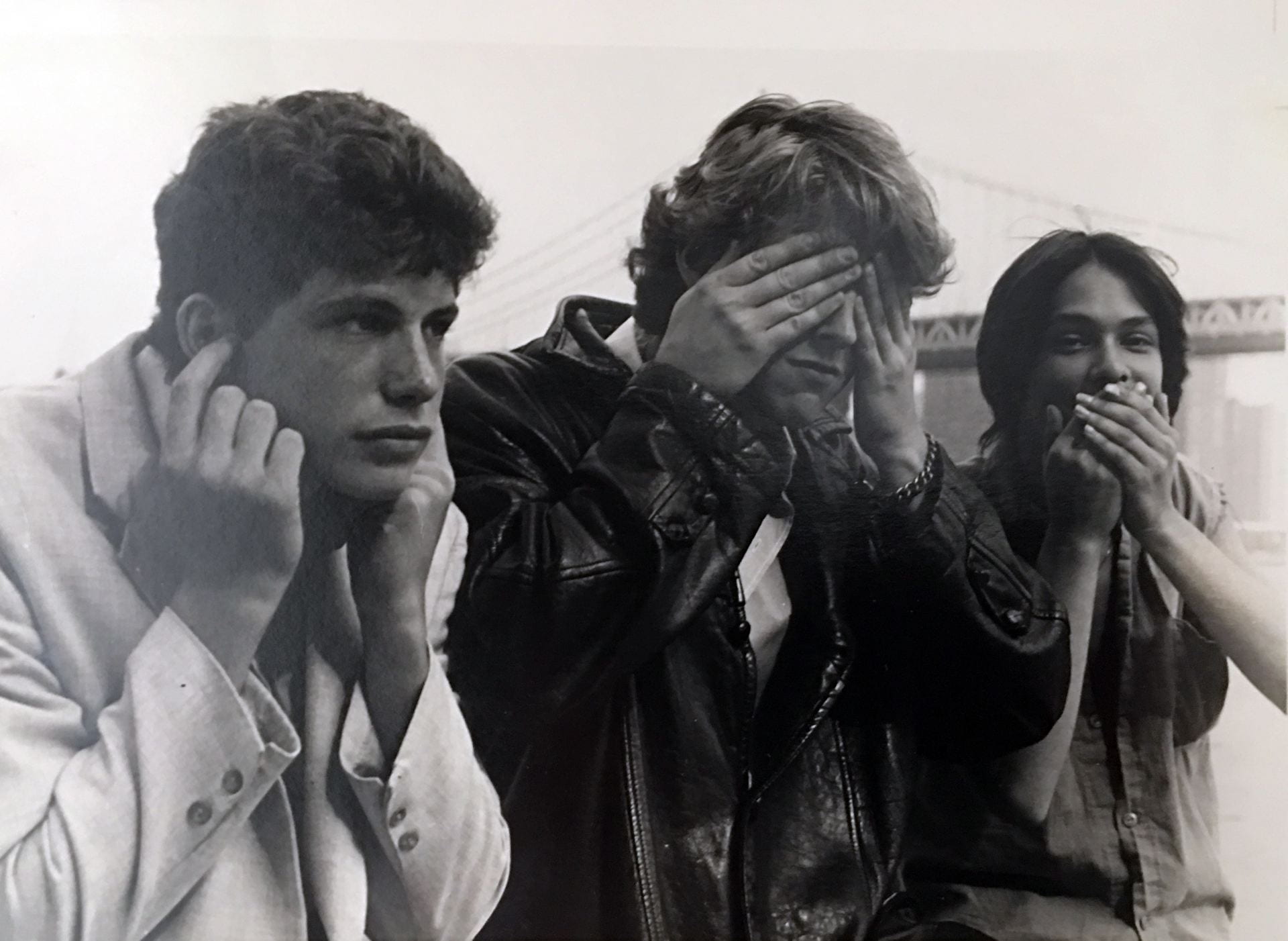

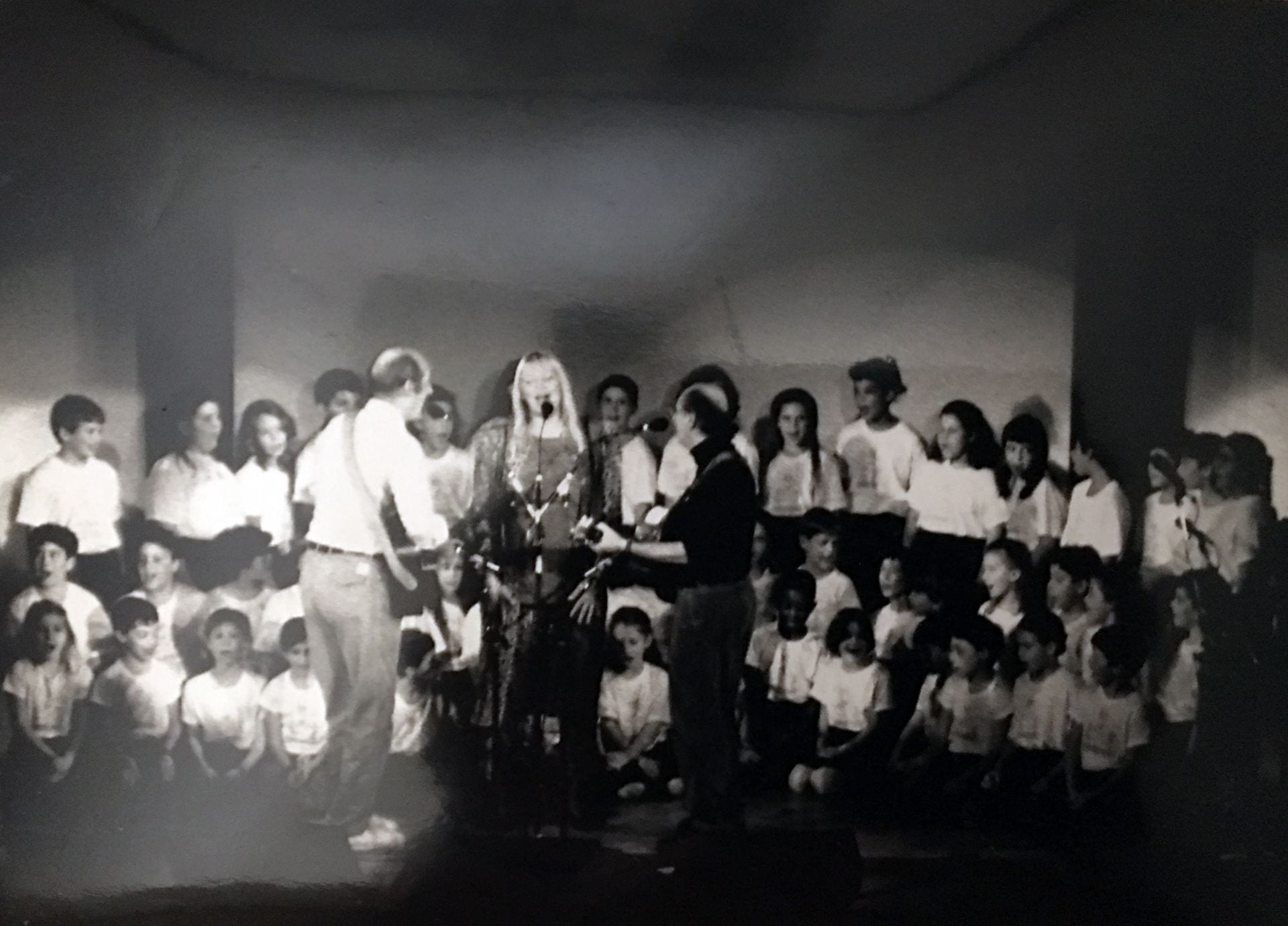
Pete Seeger, Lead Belly and I think even Woody Guthrie had actually played at Elisabeth Irwin high school and that was mind blowing for me! Nobody else in my class cared, but that was very important for me and I felt that history in that place and I very much wanted to connect with it and learn as much as I could about it.
I very much wanted to find a community of people that people that was interested in “folk music” or traditional music or vernacular music, whatever you want to call it, I wanted to find that in New York and if it didn’t exist I wanted to create it and I did.
In a way for me it’s like keeping a lineage going, although it’s not in Greenwich Village anymore. I feel like I’ve been kicked out of my hometown, it’s too expensive. It’s like being banished by gentrification, so that’s a bummer. And the scene, such as it is, has totally moved to Brooklyn, and in fact Brooklyn’s too expensive and most of my friends live in Queens.
-Eli Smith
The Down Hill Strugglers
Founder of Washington Square Park Folk Festival
EI class of ‘00
Eli Smith Pt. 1
Eli Smith Pt 2
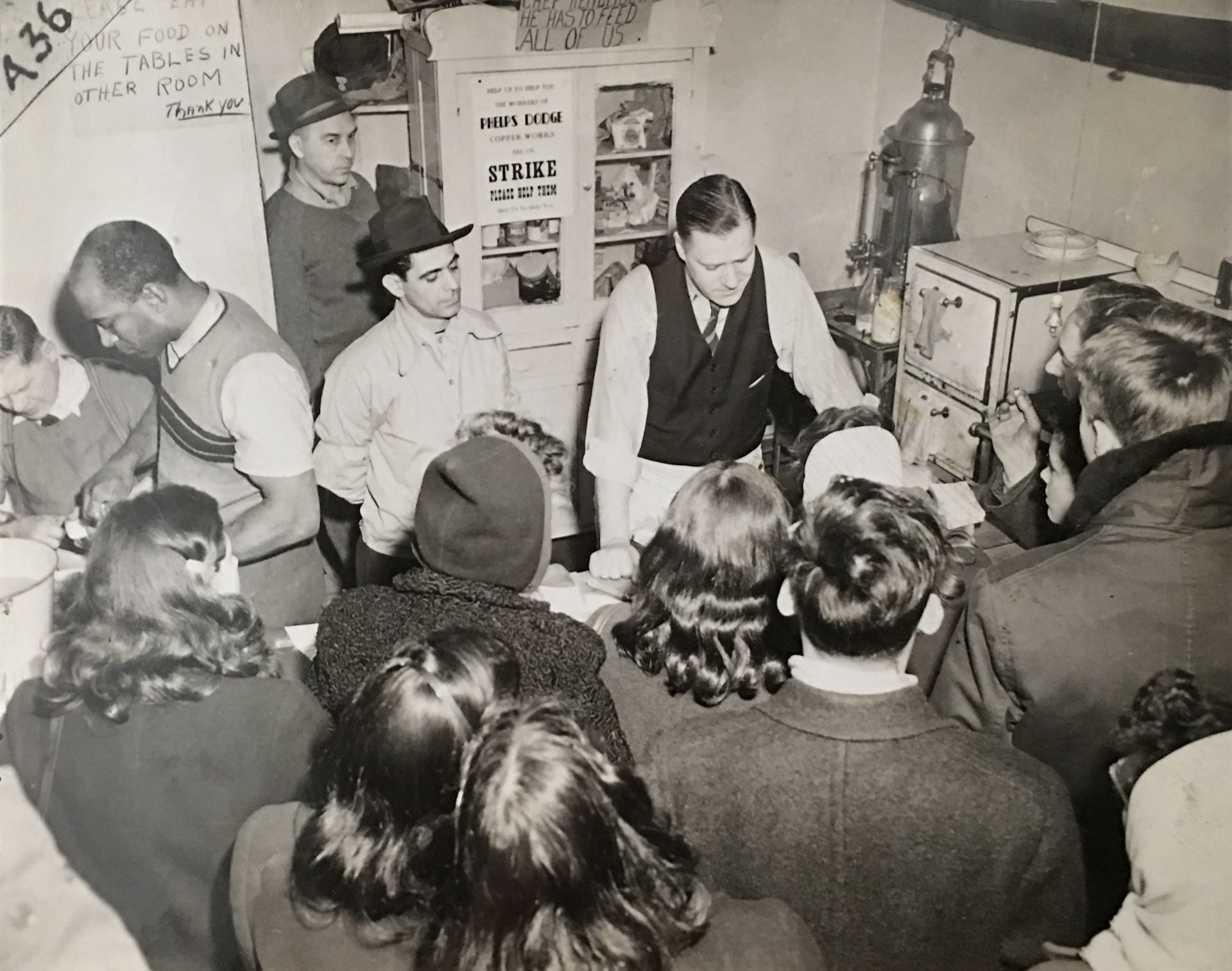


Back in the 70’s the Village was tranquil because I knew that I was gay, and where else would a gay gal go except for the Village.
I remember when I saw the first baby pram going down Seventh Avenue south. A woman, her husband, and a baby carriage, just walking through Greenwich Village! I mean what the hell!
-Michele Hill
Activist
Greenwich Village Resident (1976-2001)
Michelle Hill

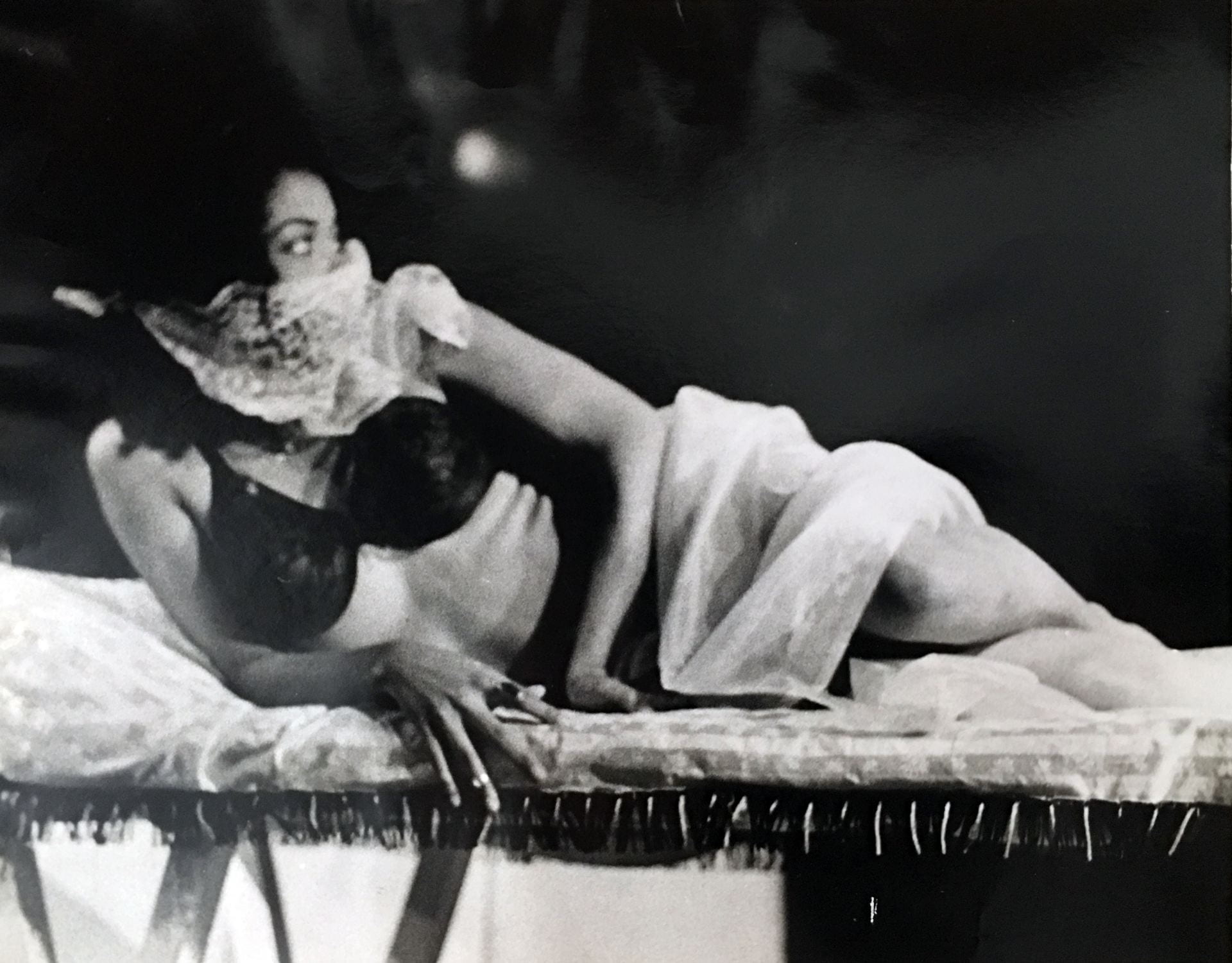
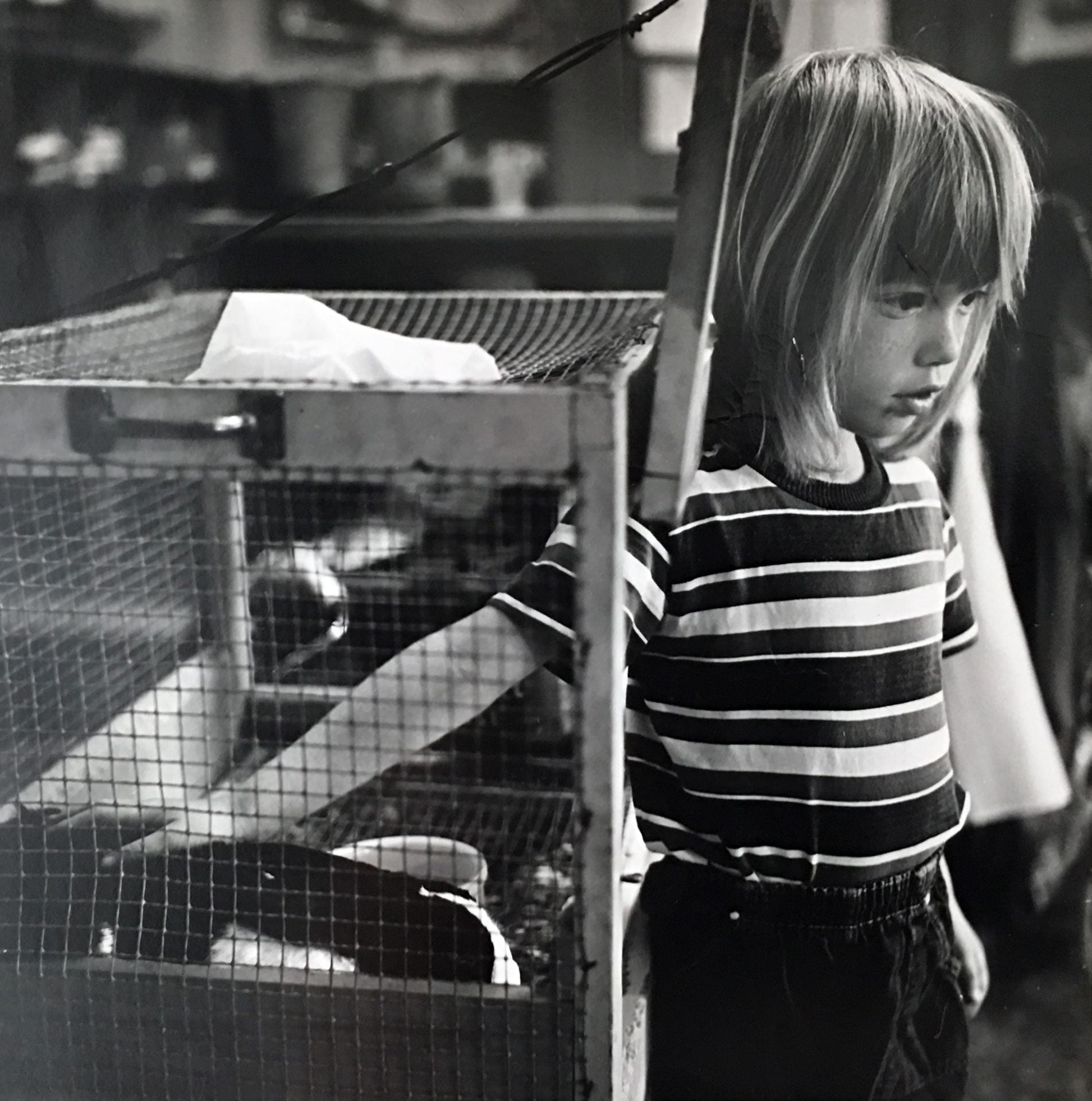
How does Little Red maintain its progressive bohemian roots while getting a student body that’s gonna pay fifty grand a year, and fundraising on top of that?
-Tim Merjos
EI class of ‘80
Tim and Nancy Merjos
Lisa Chatting
Irene Gandy
Duda
